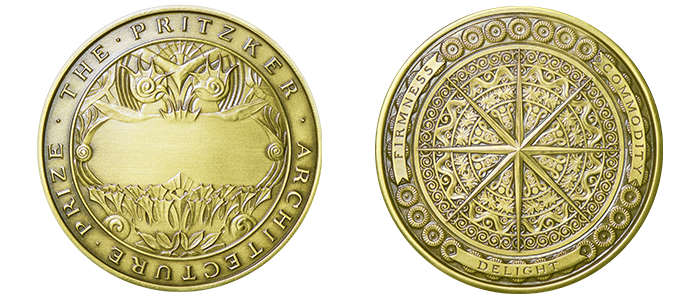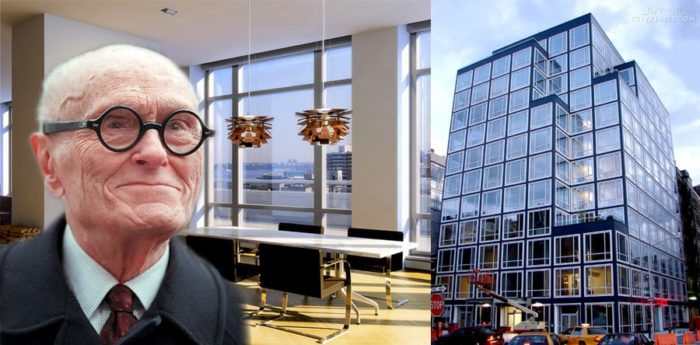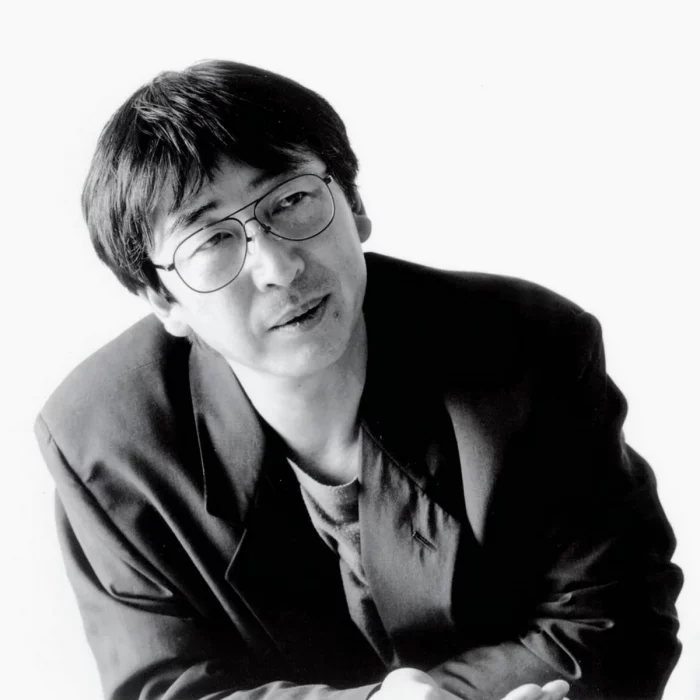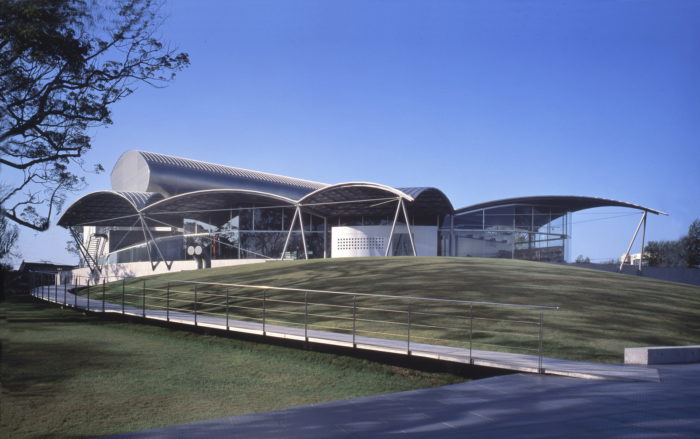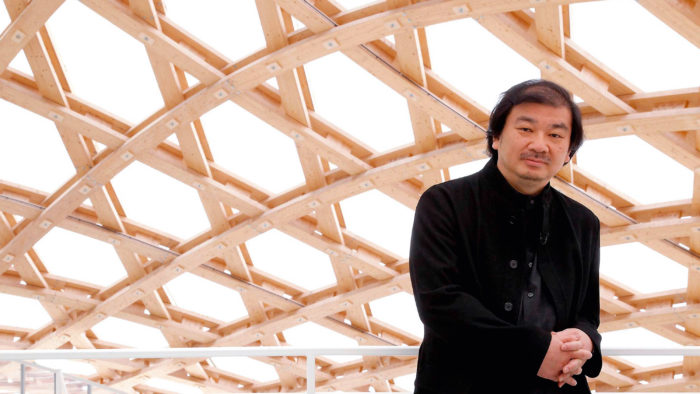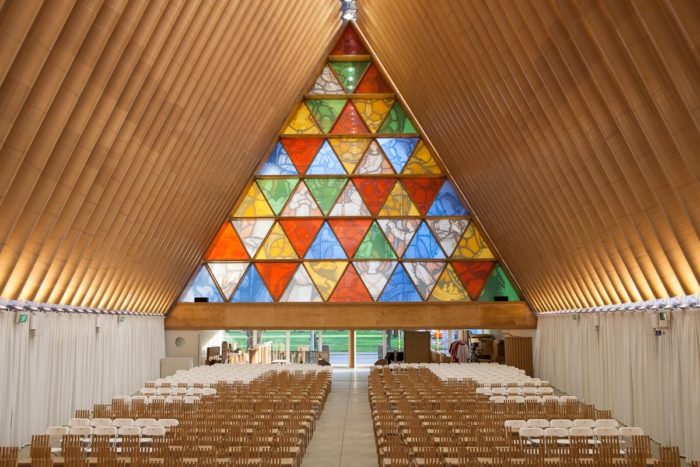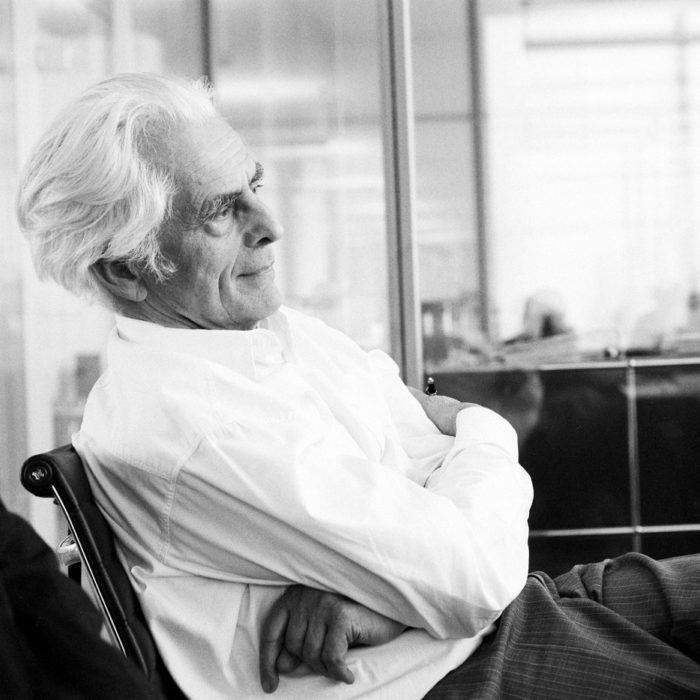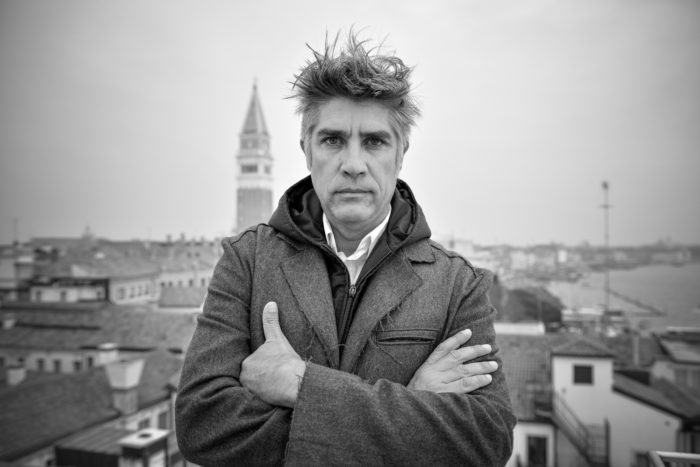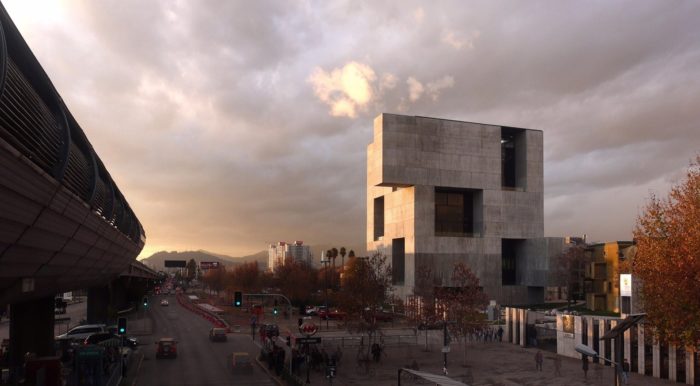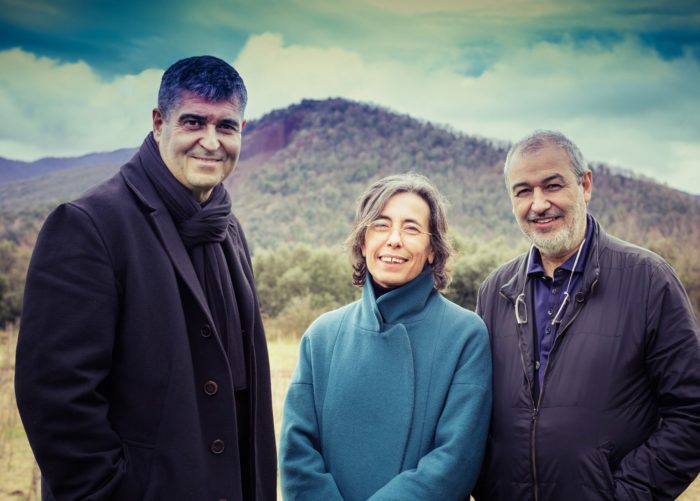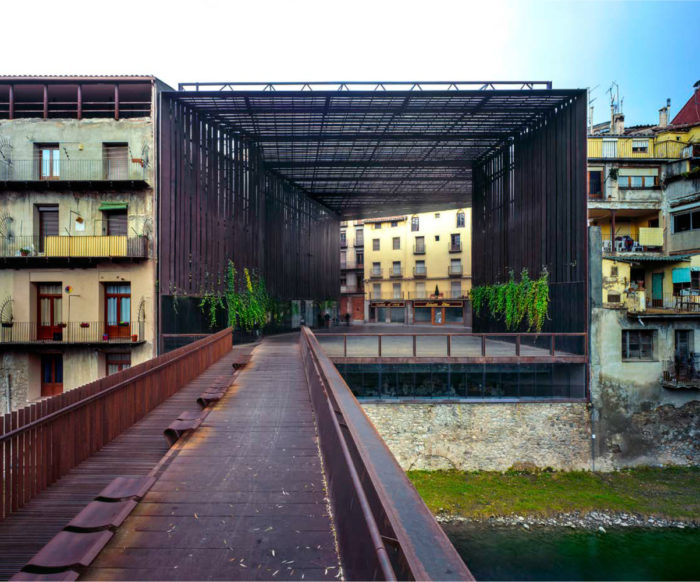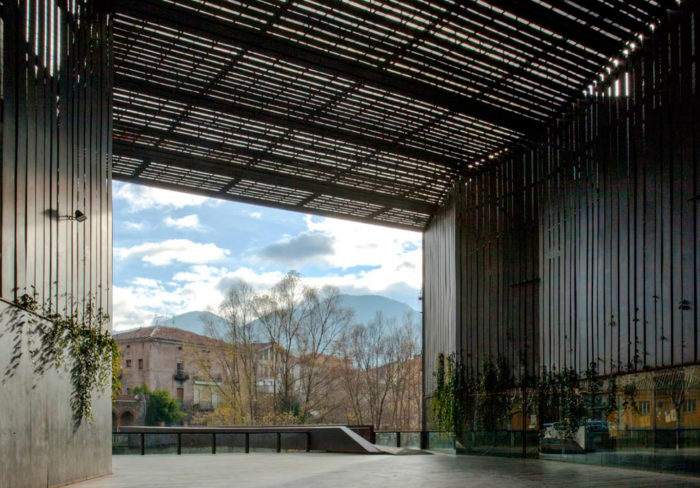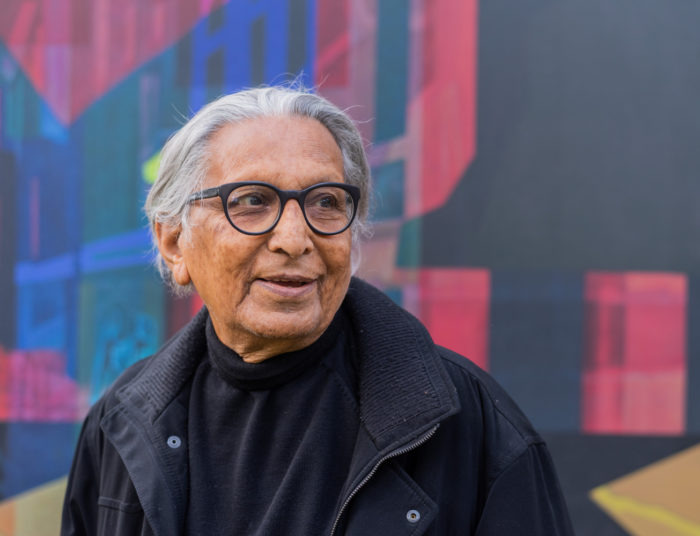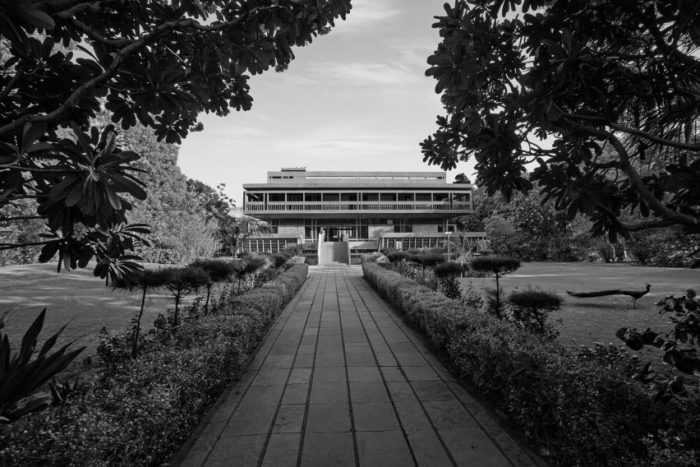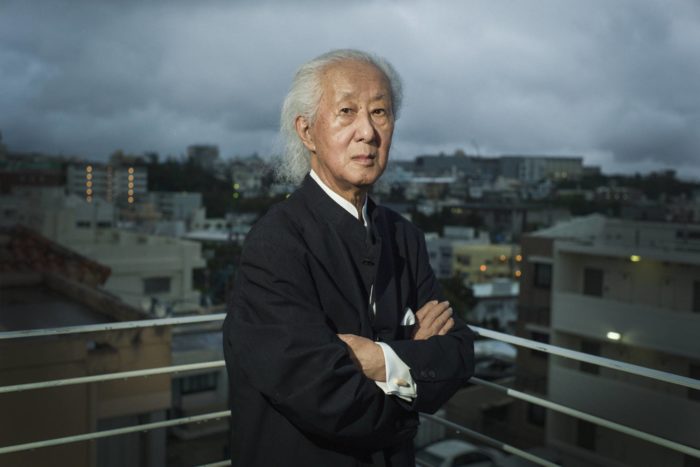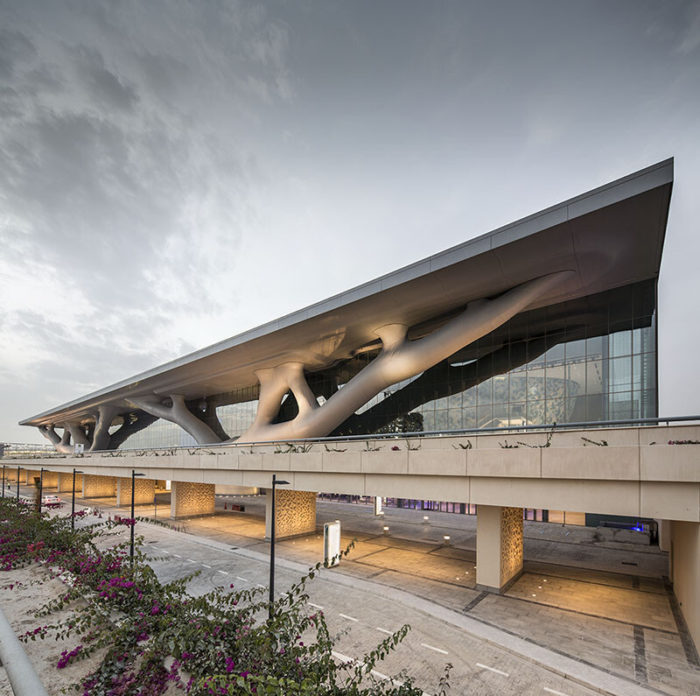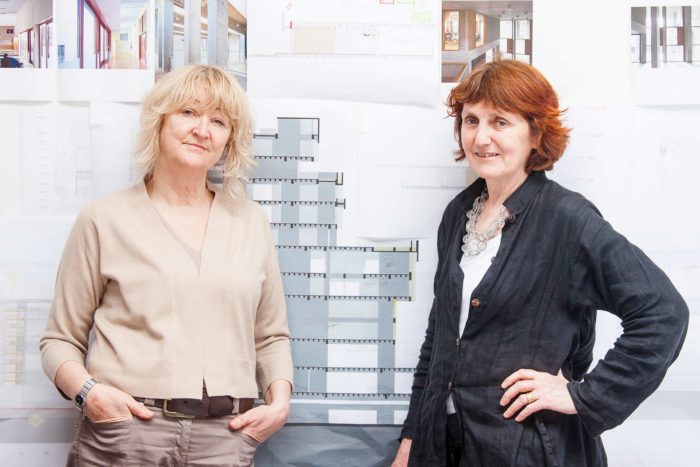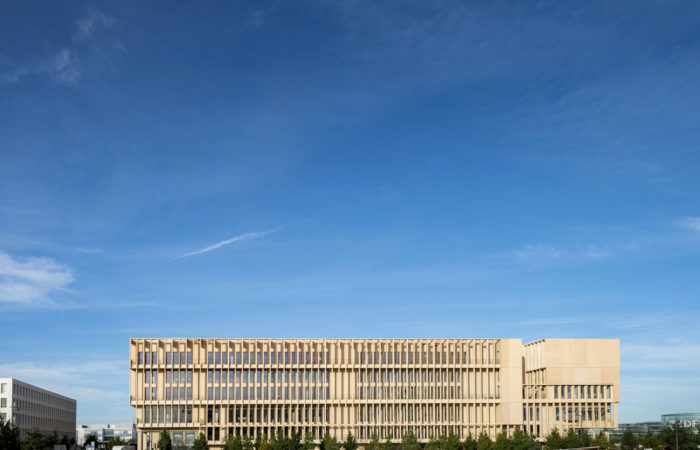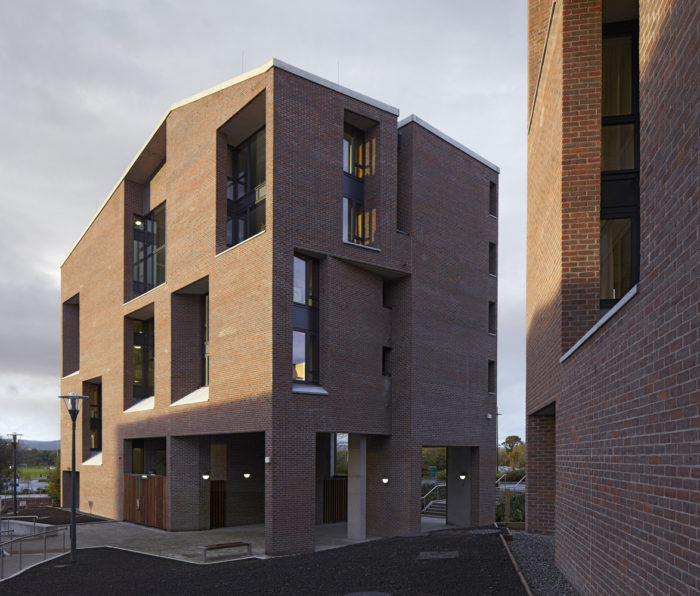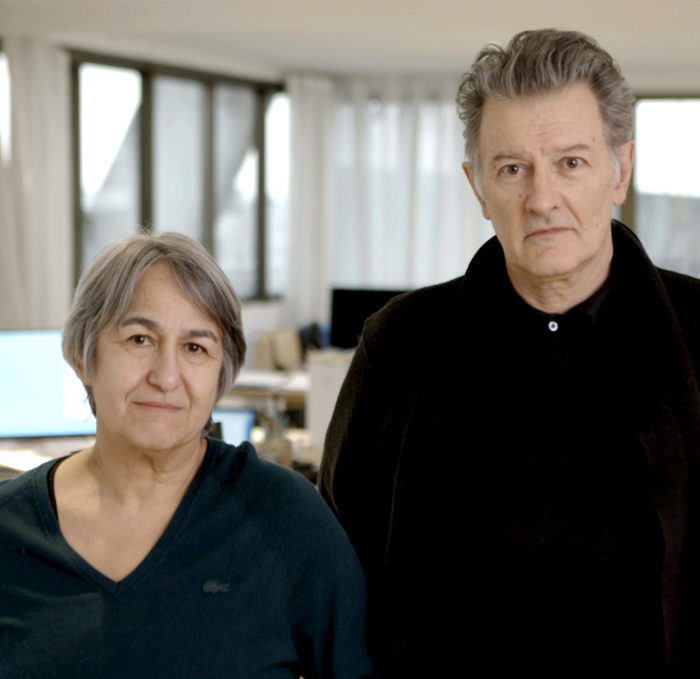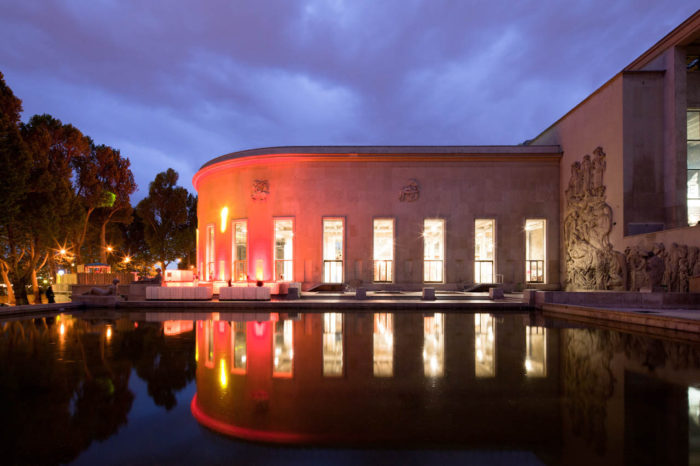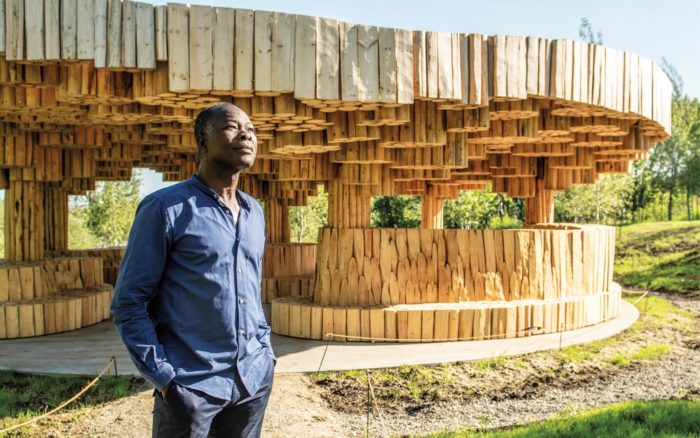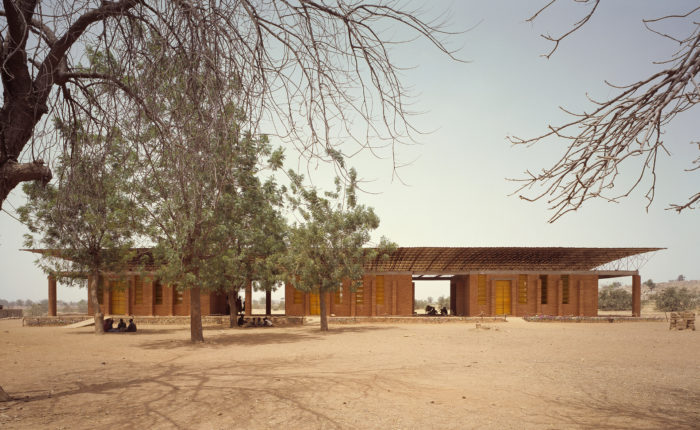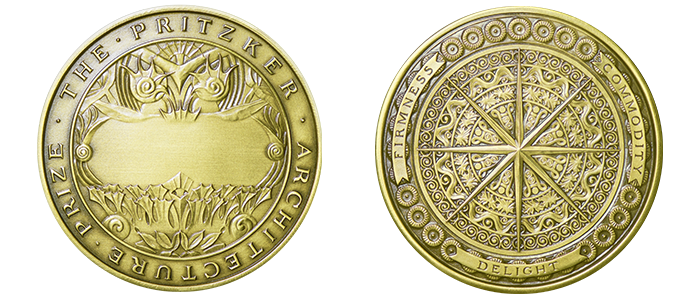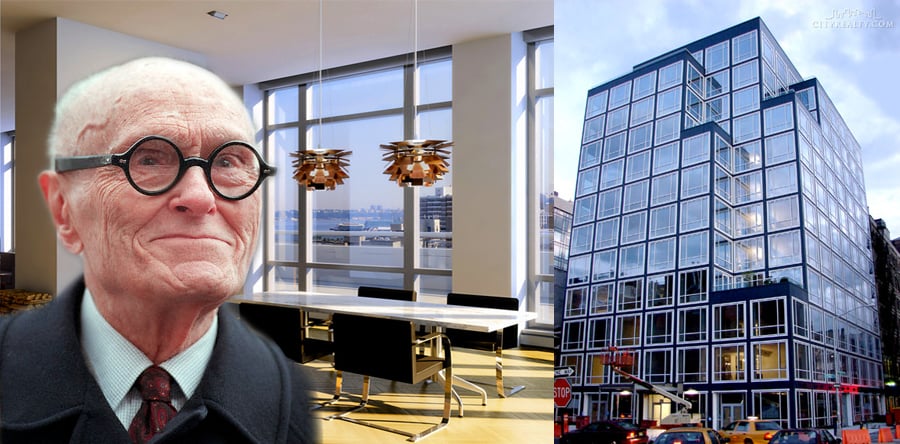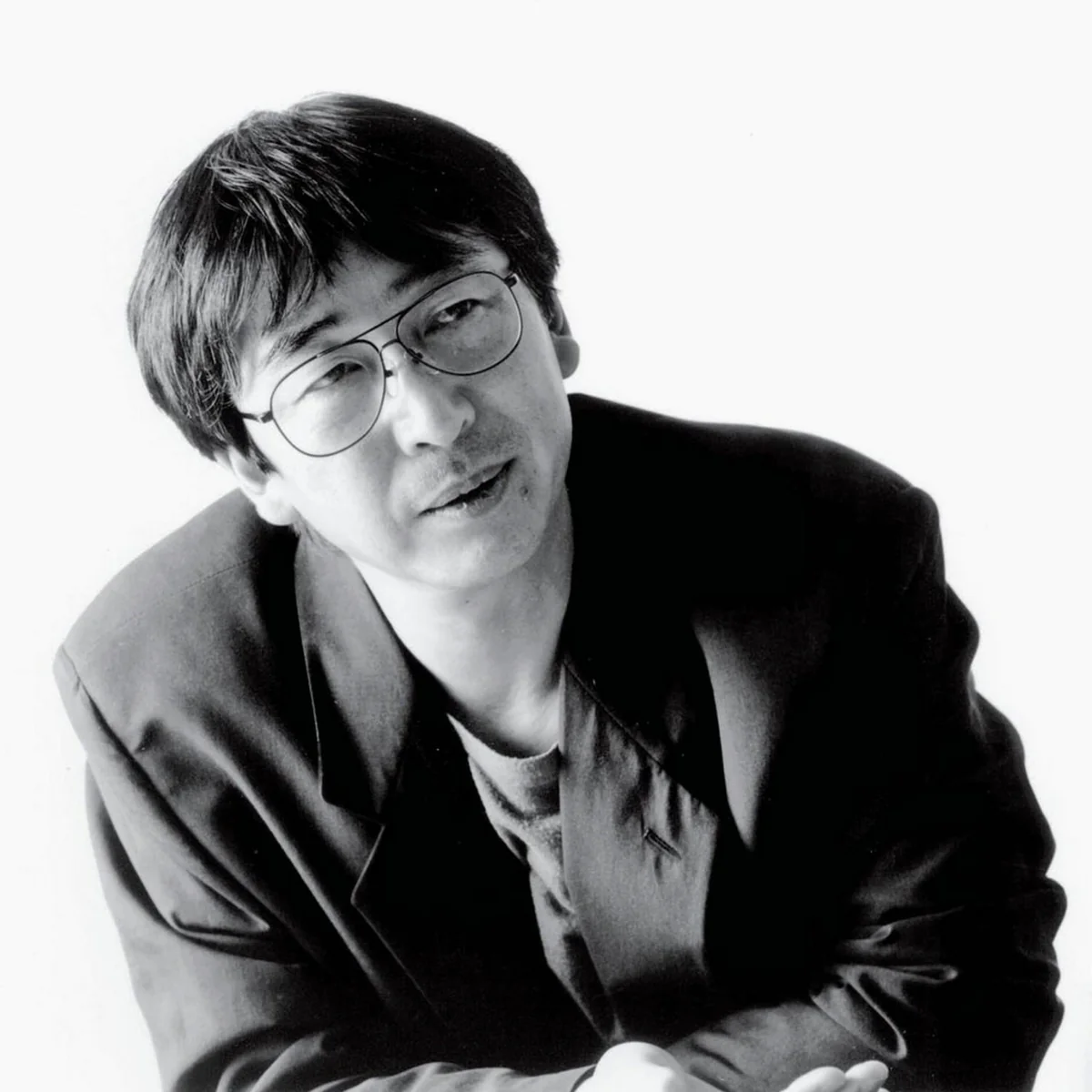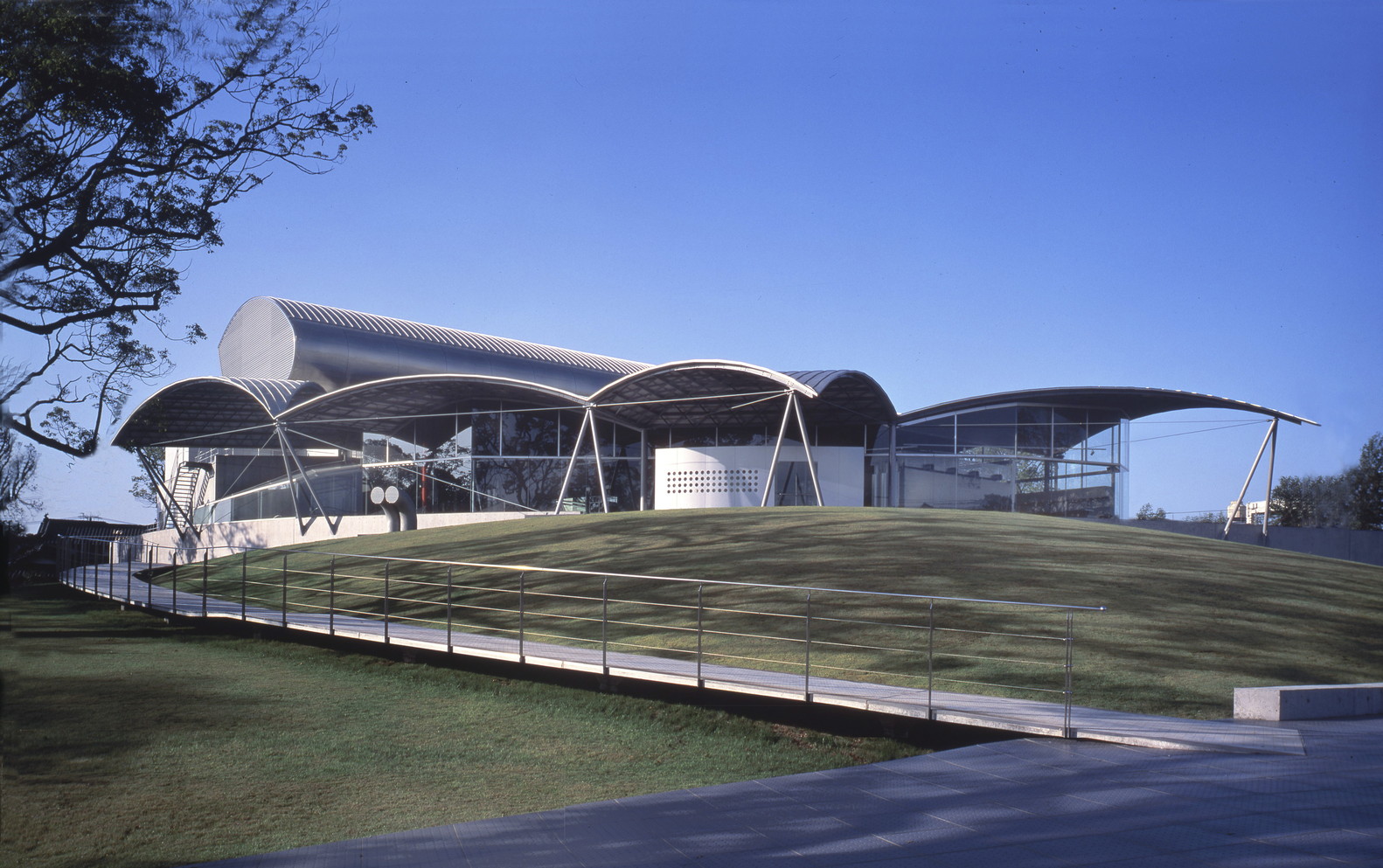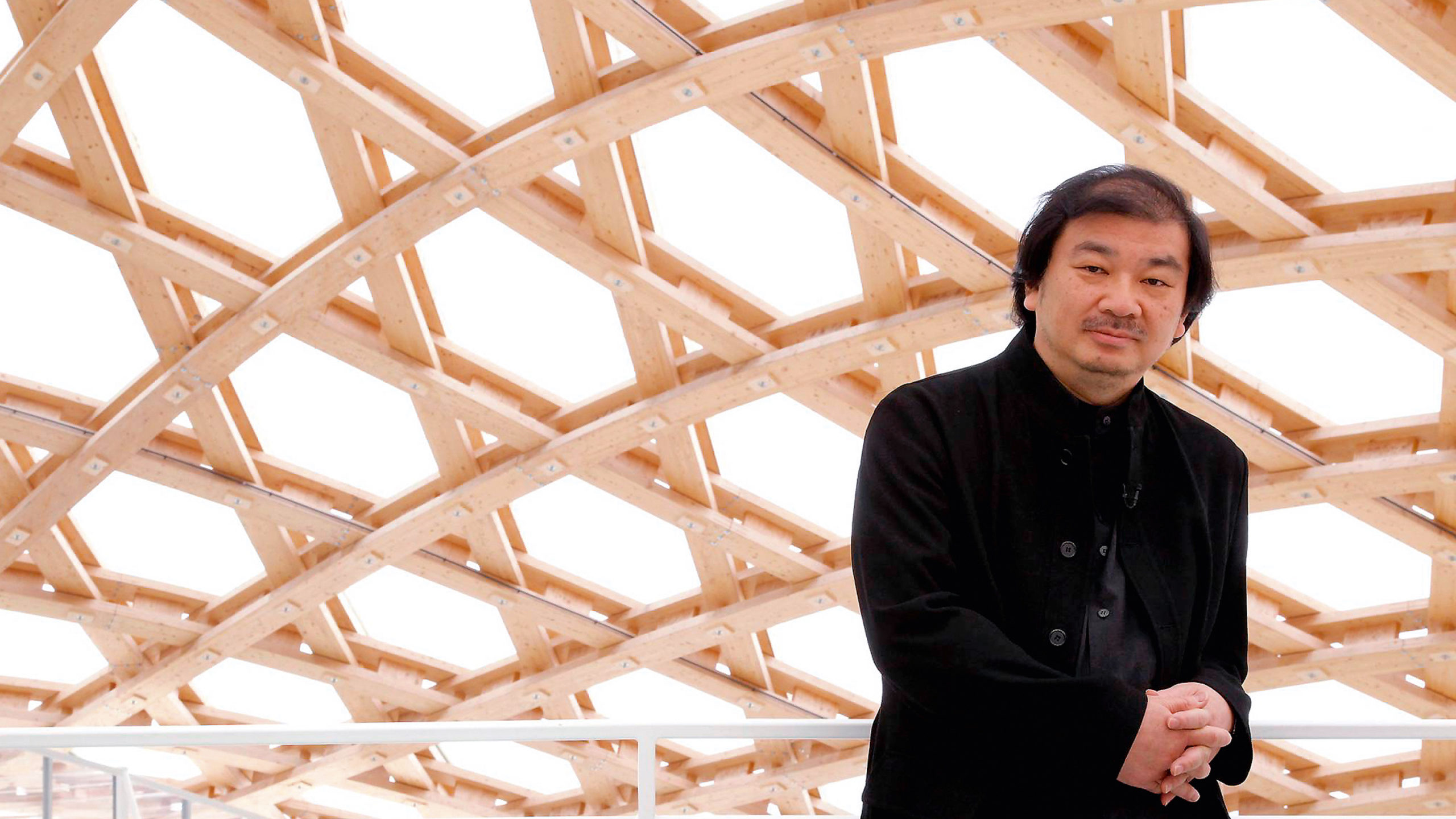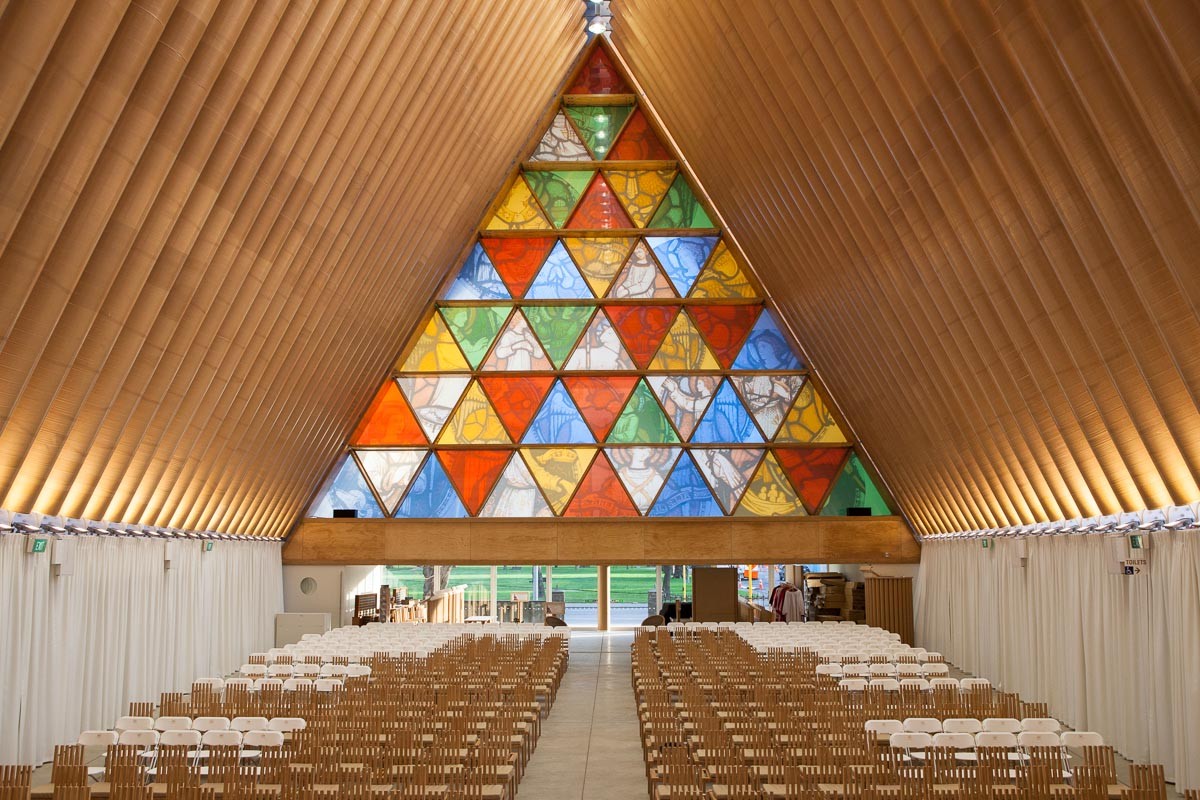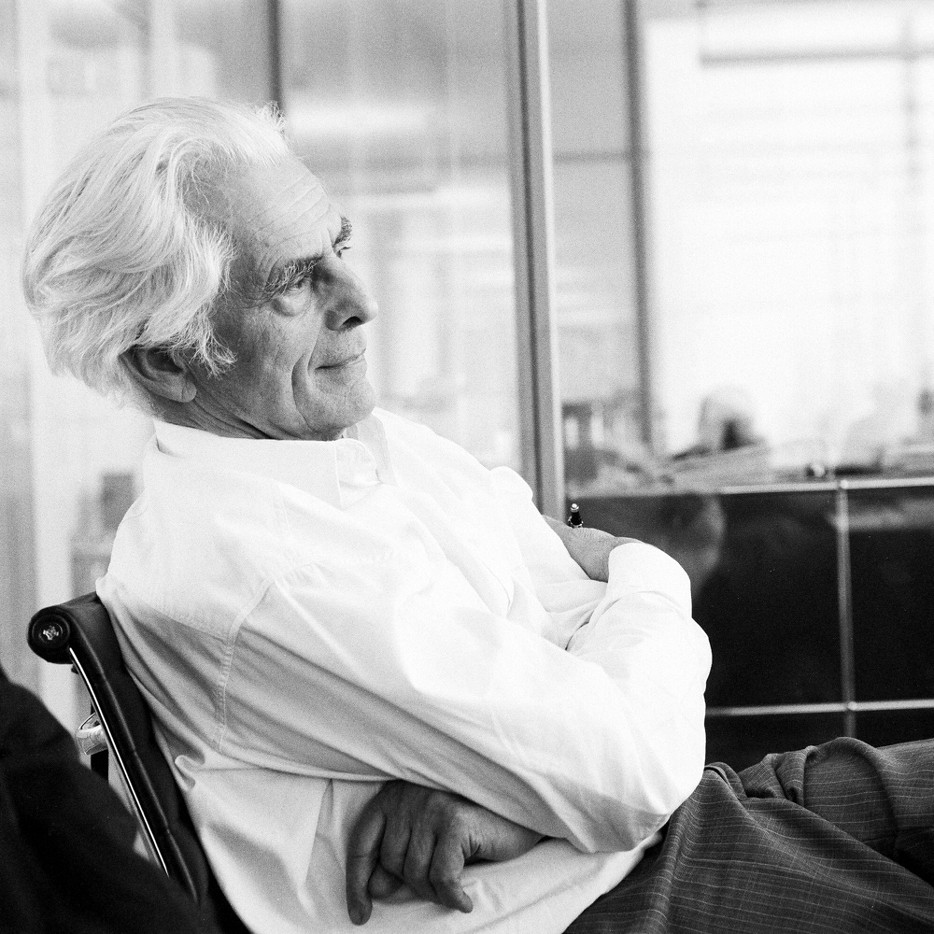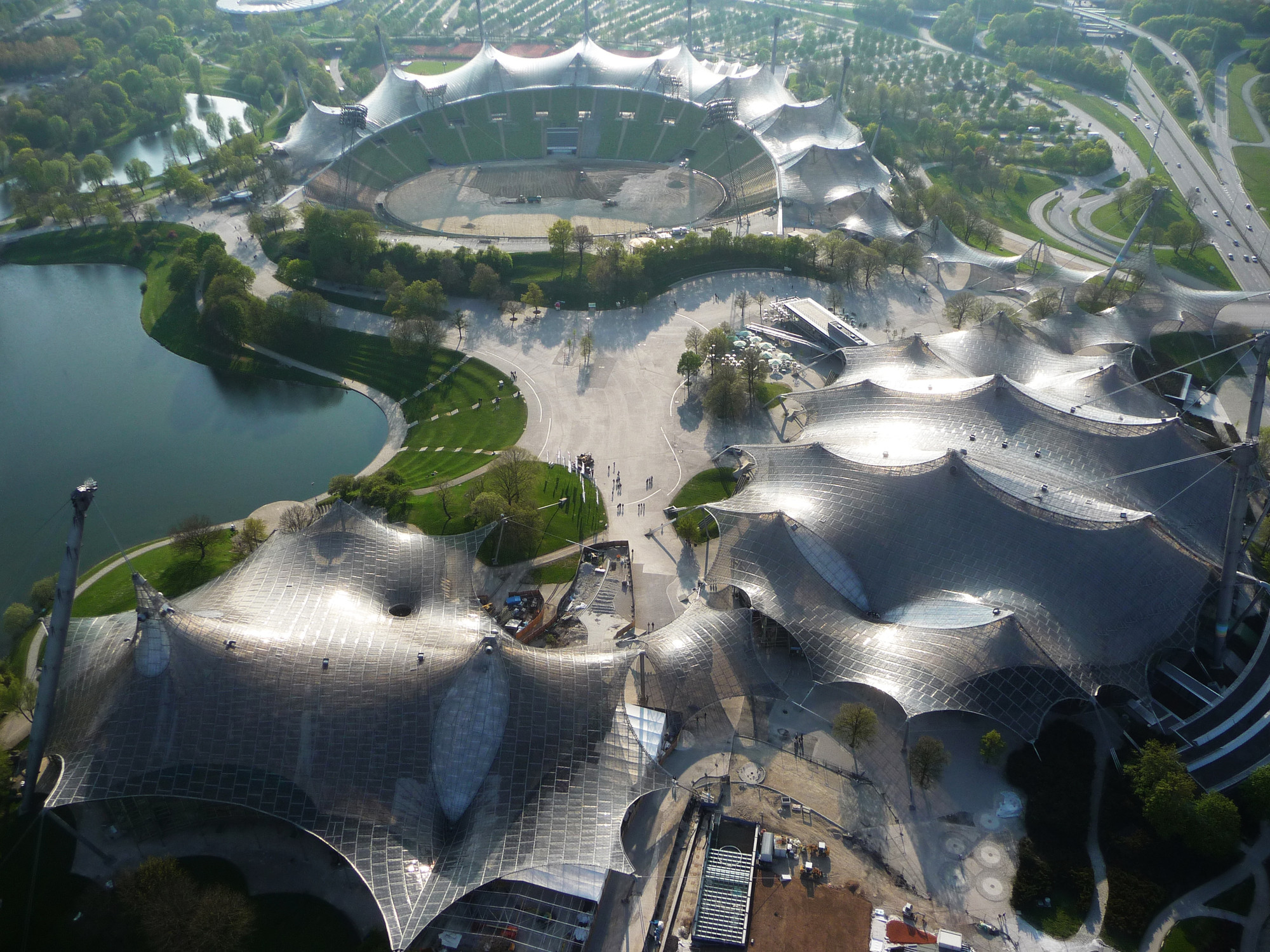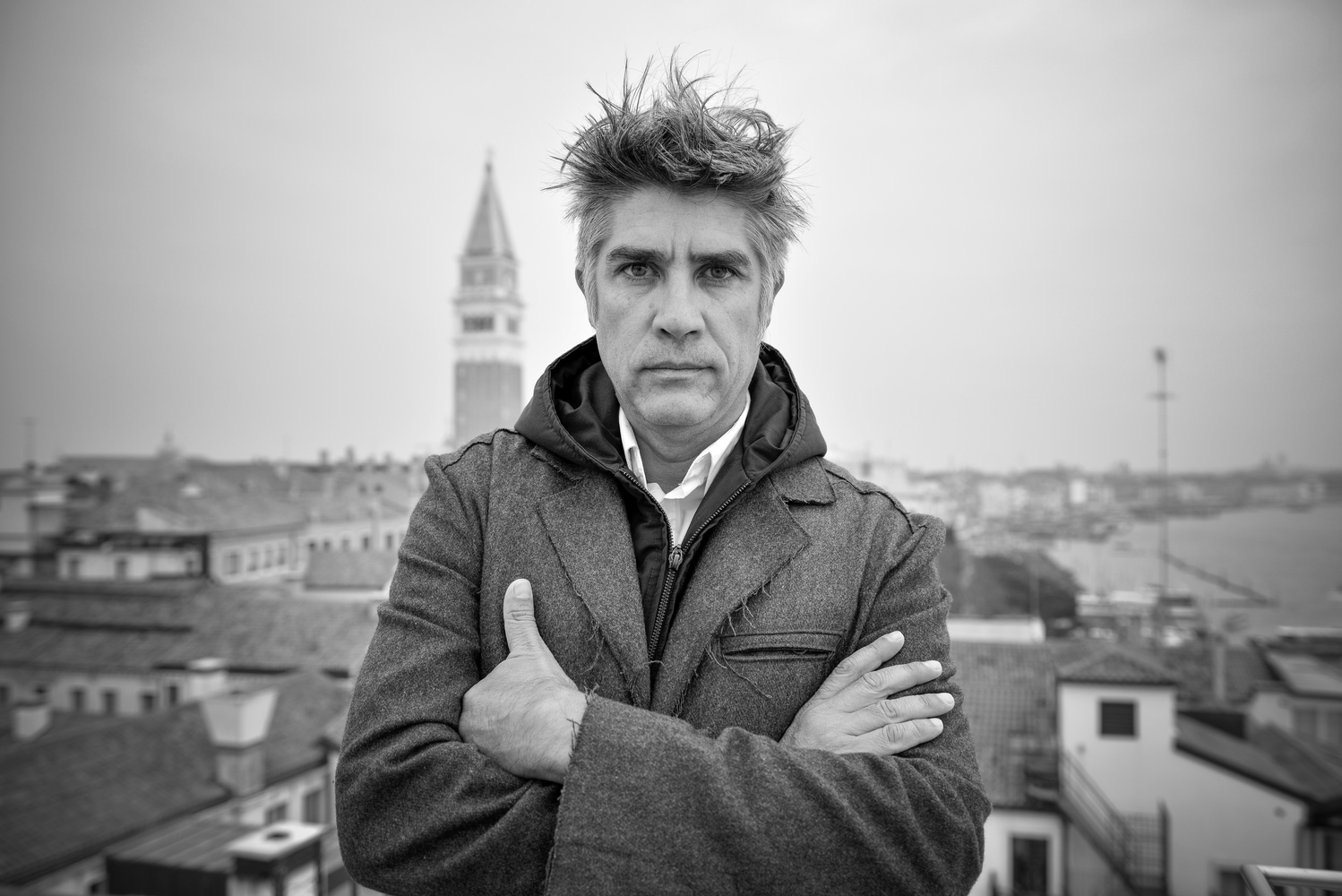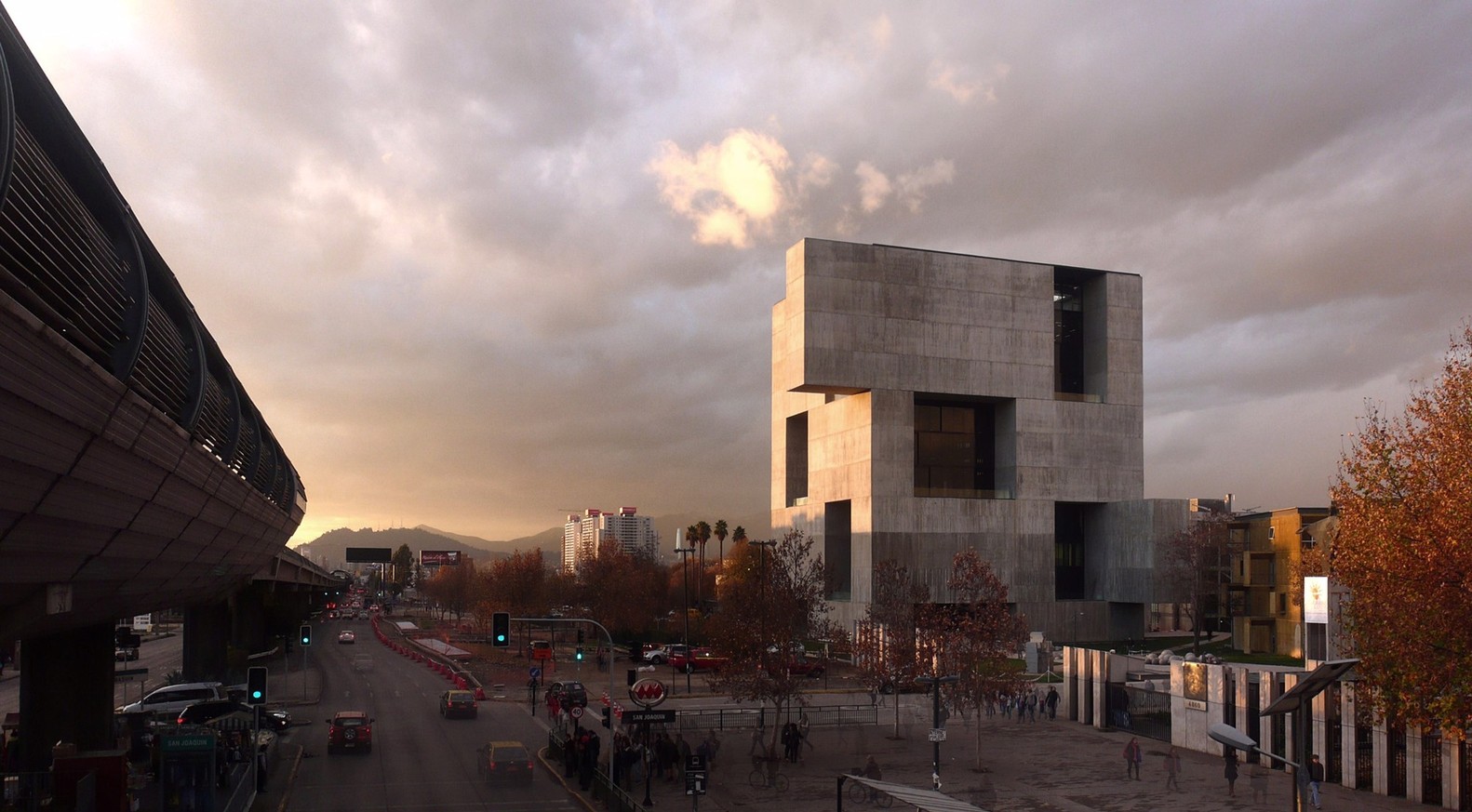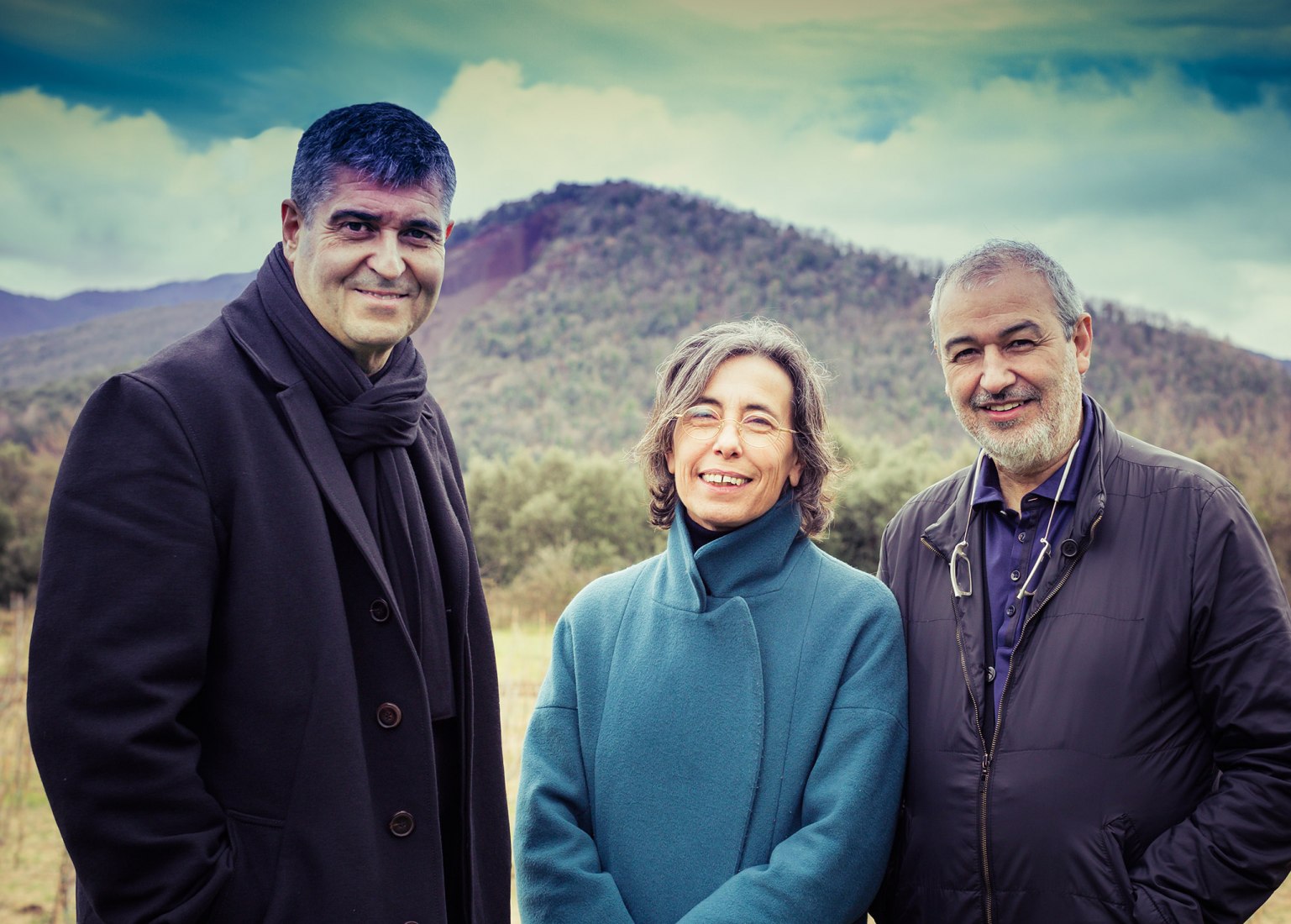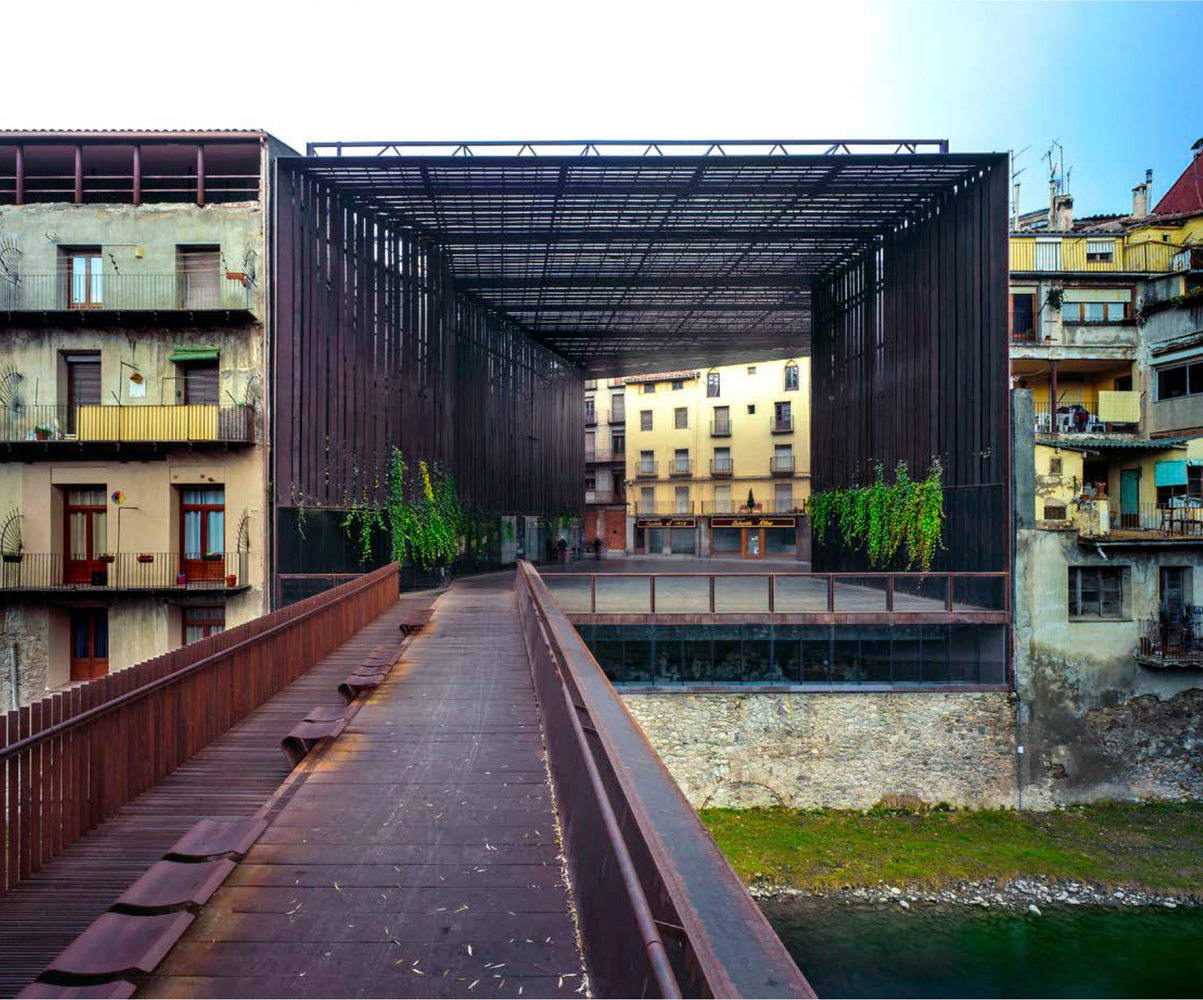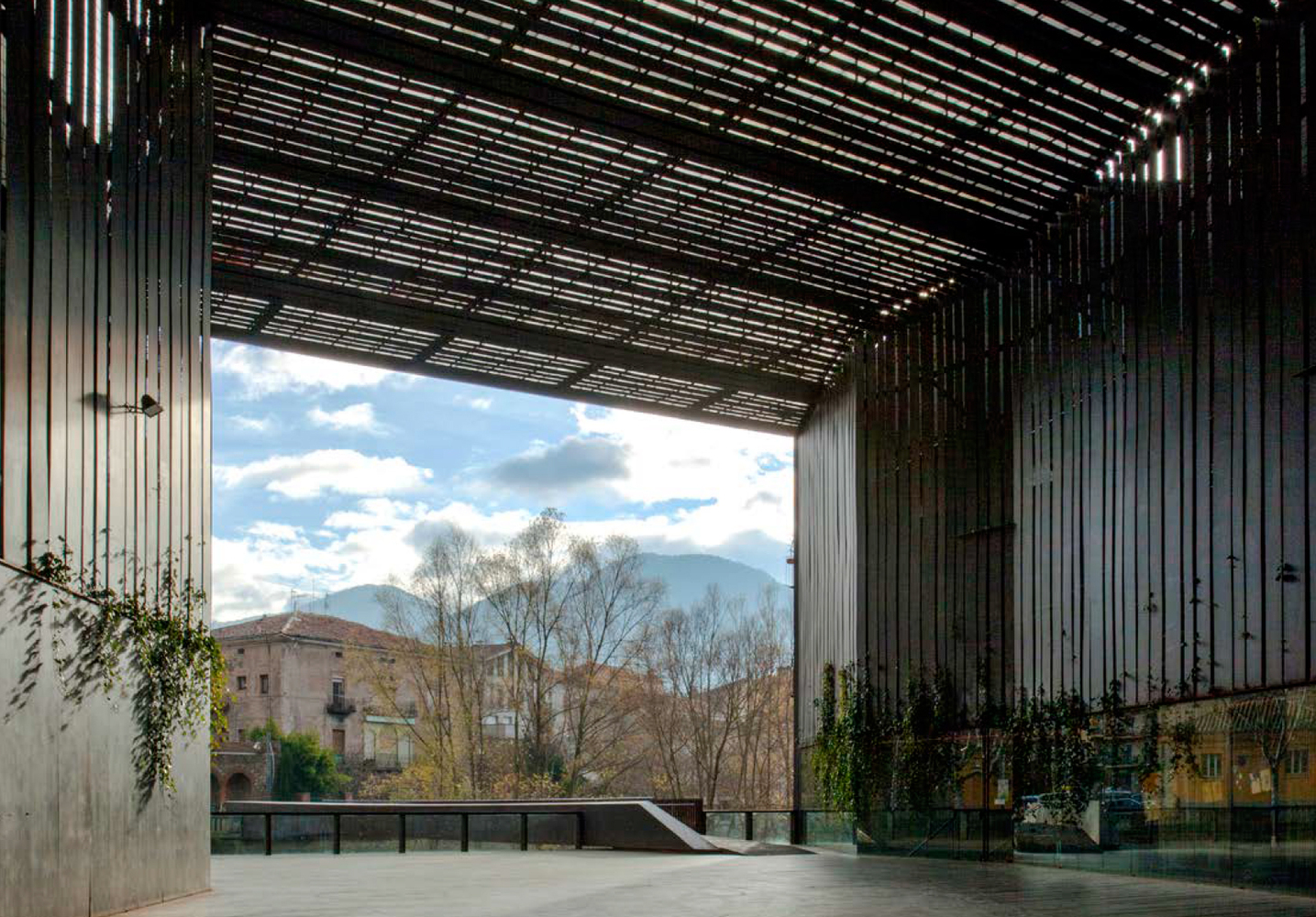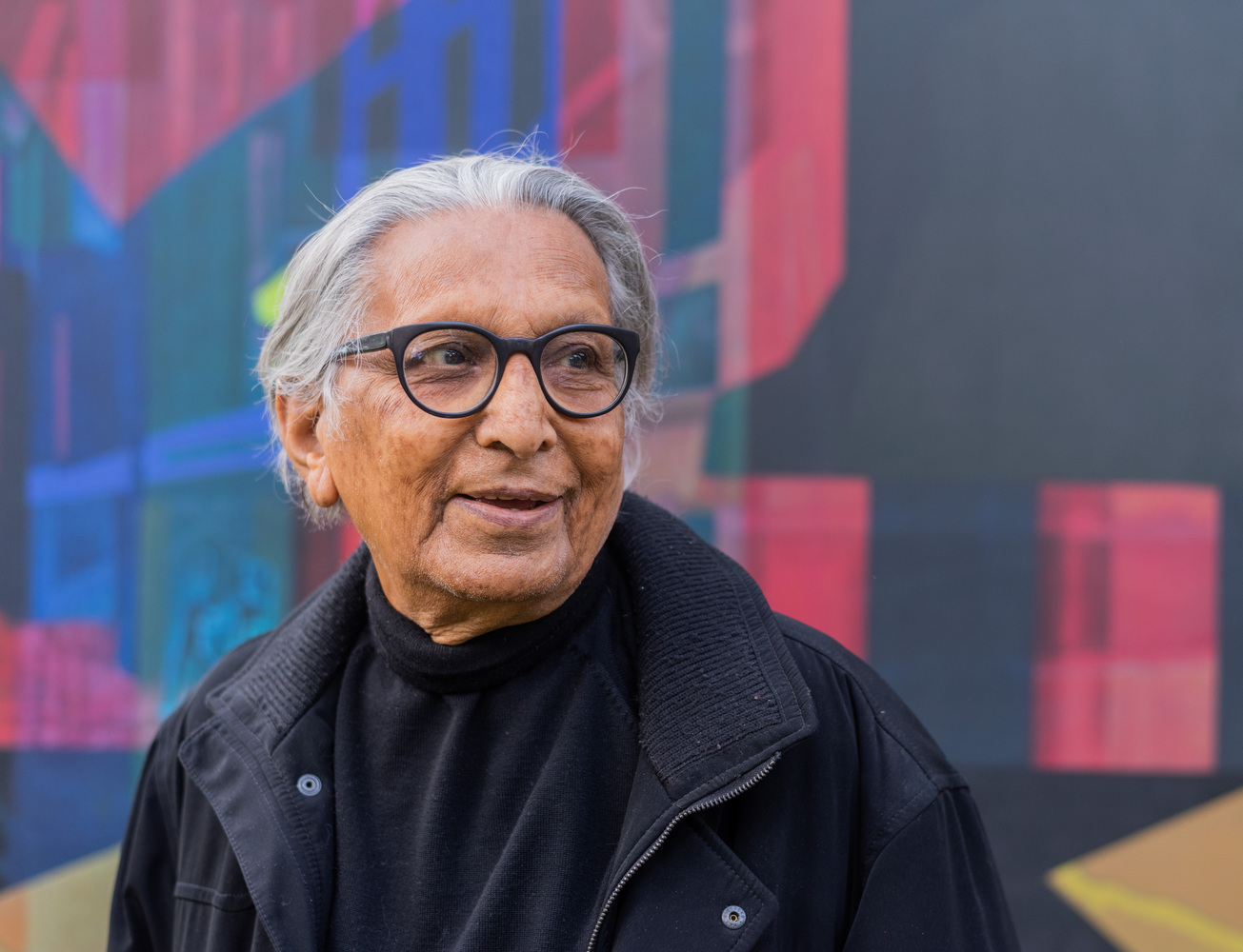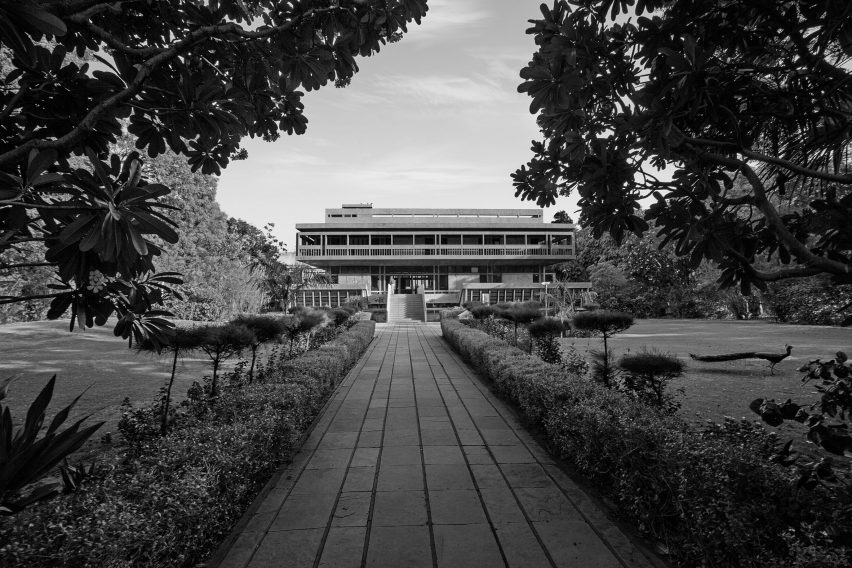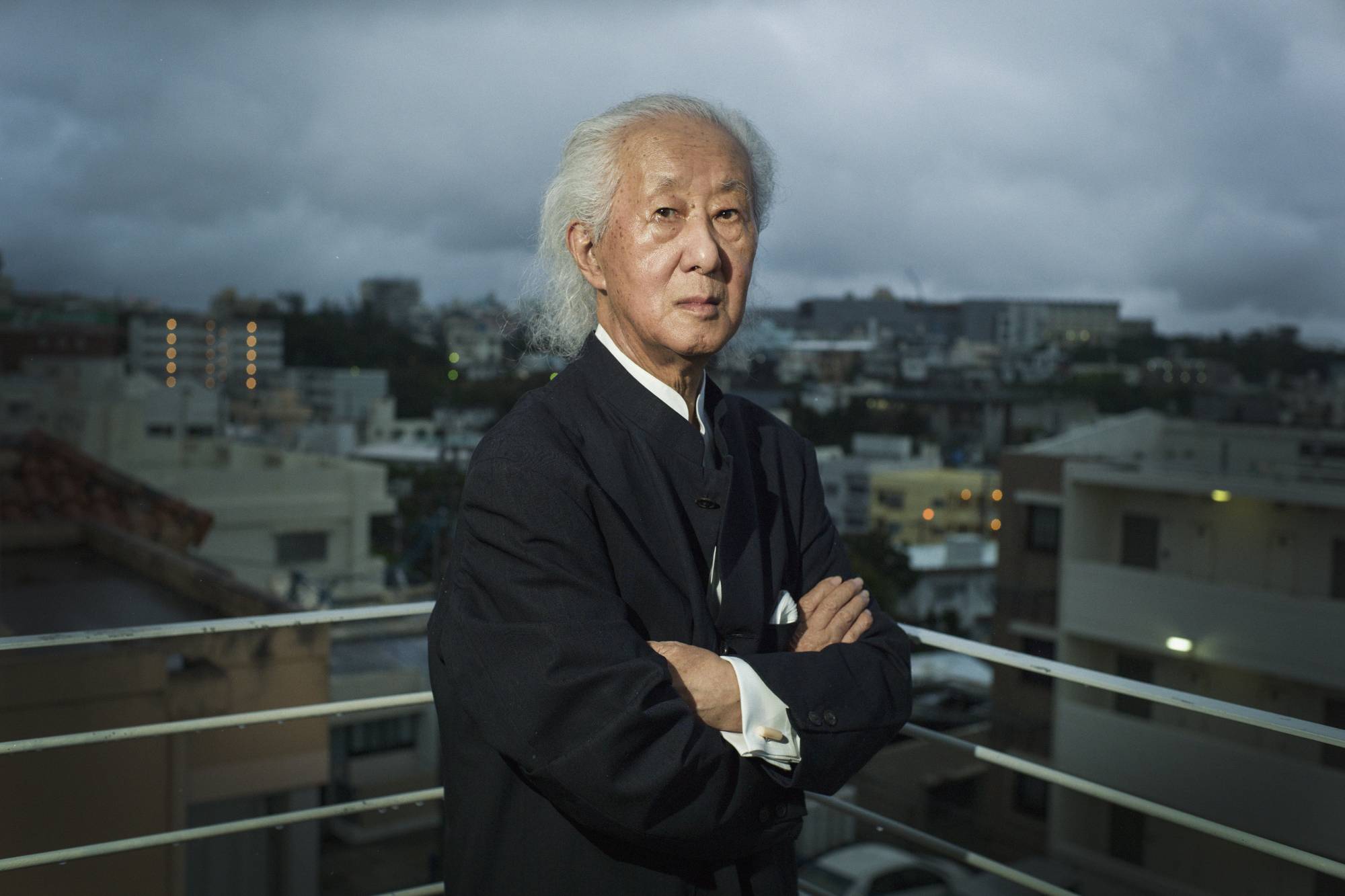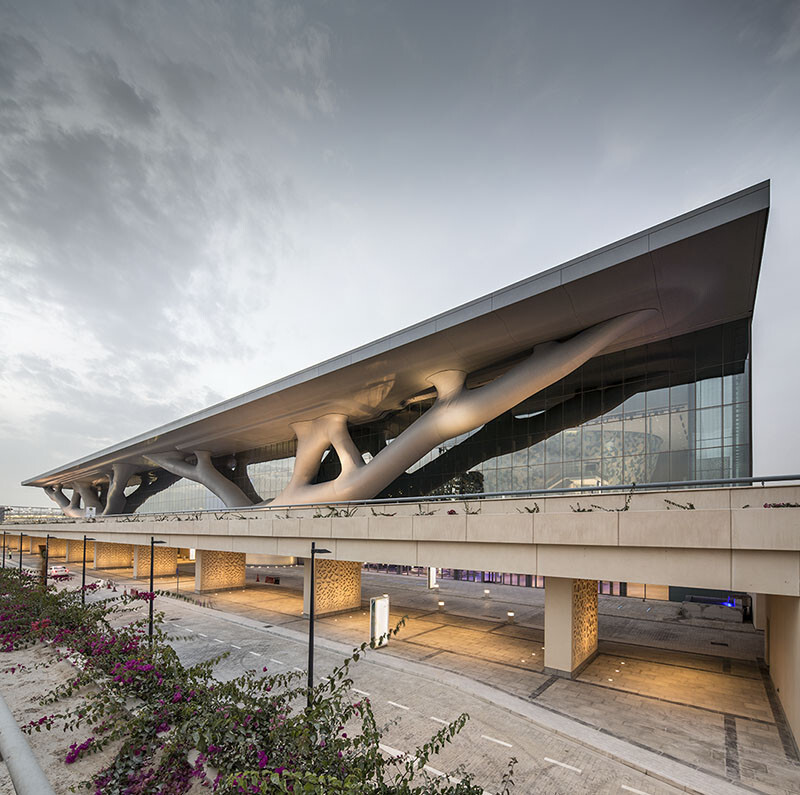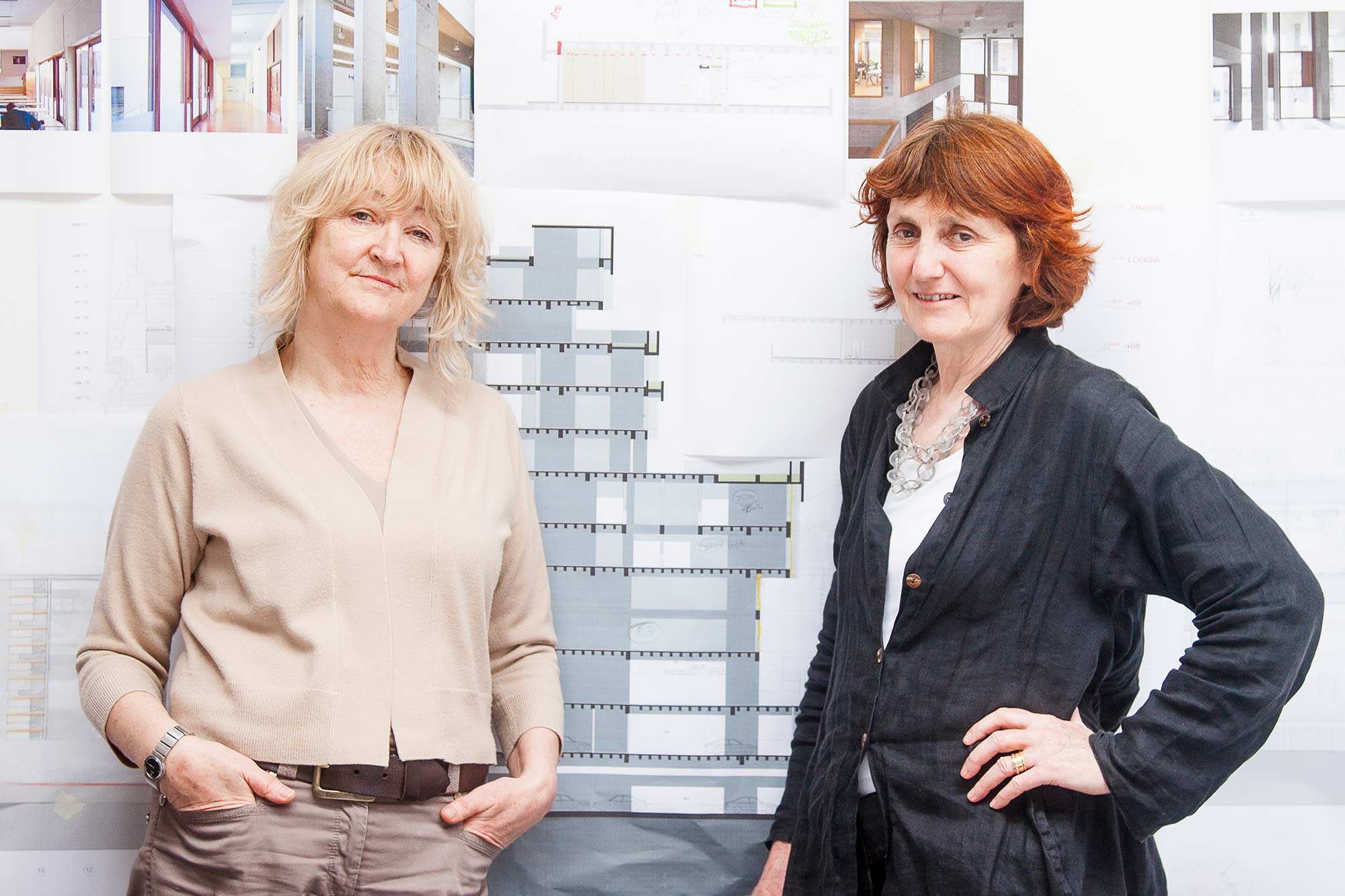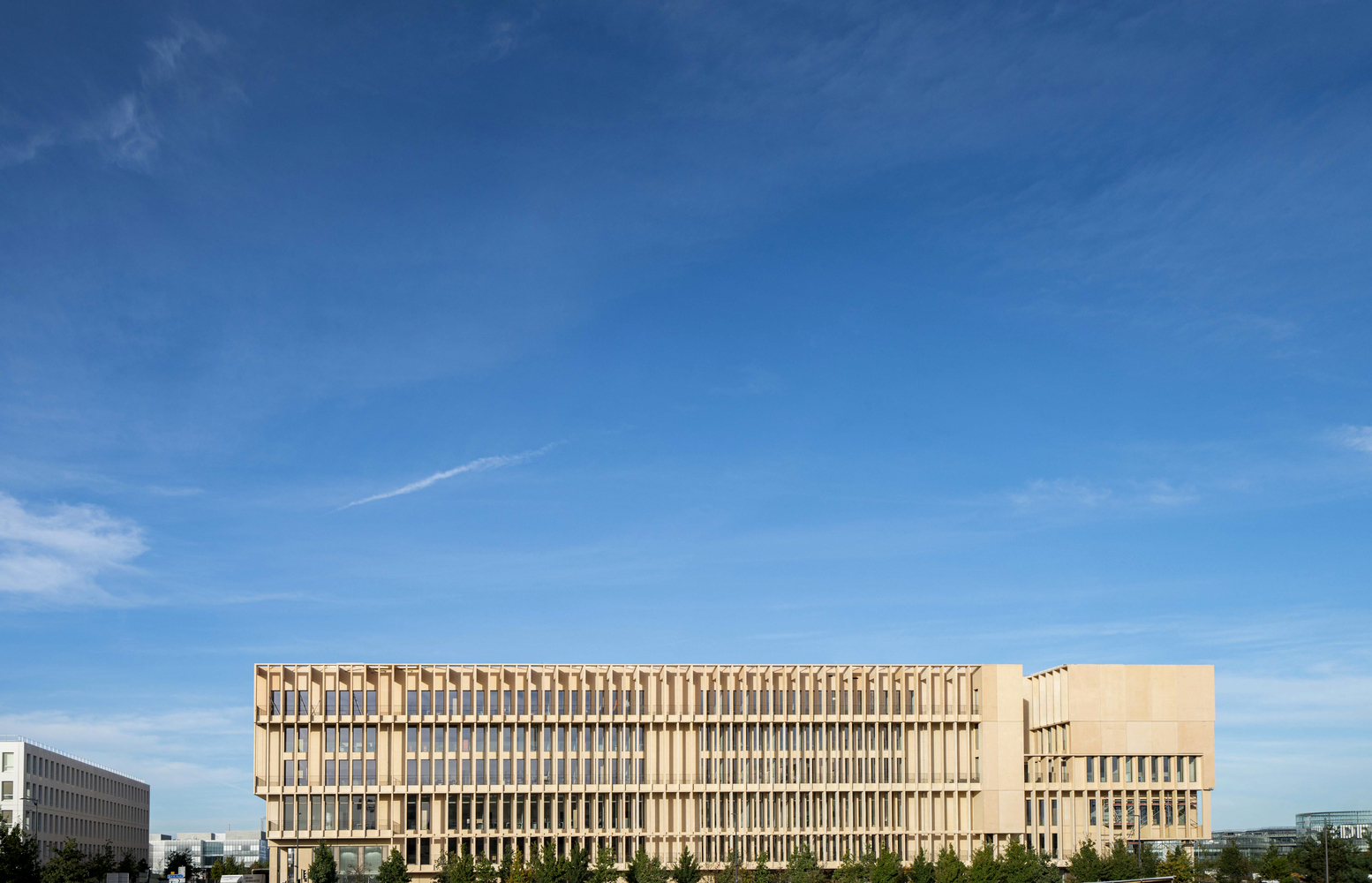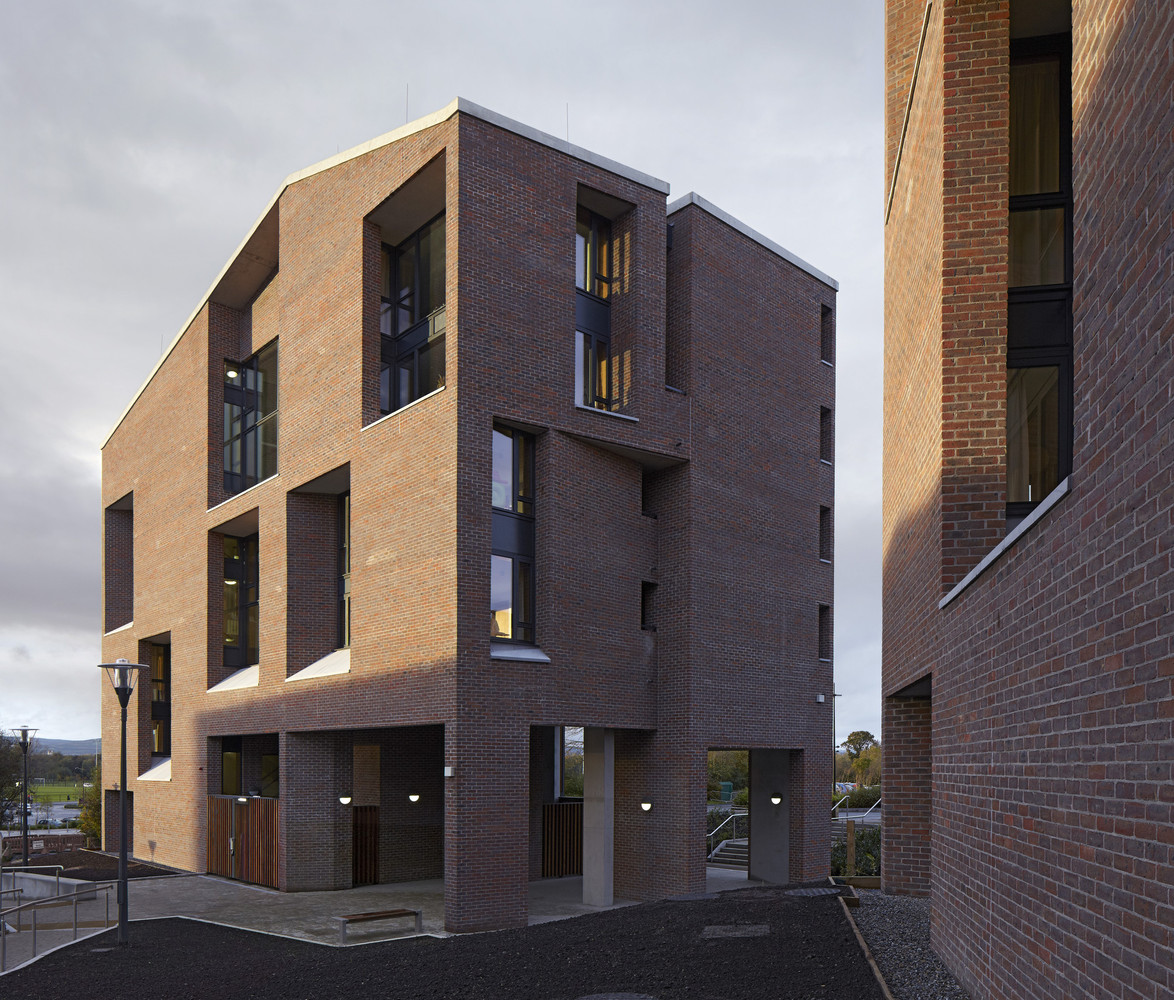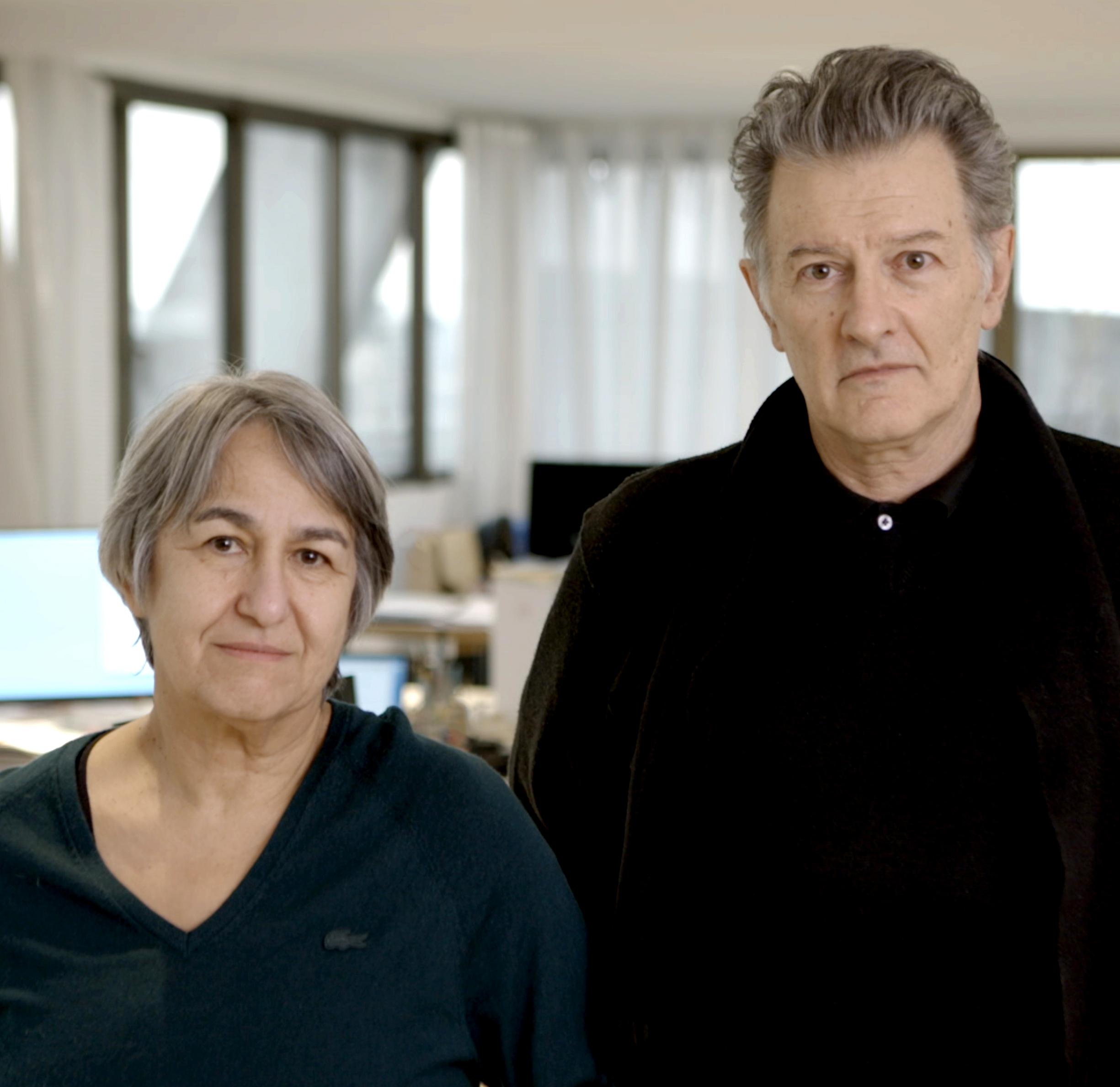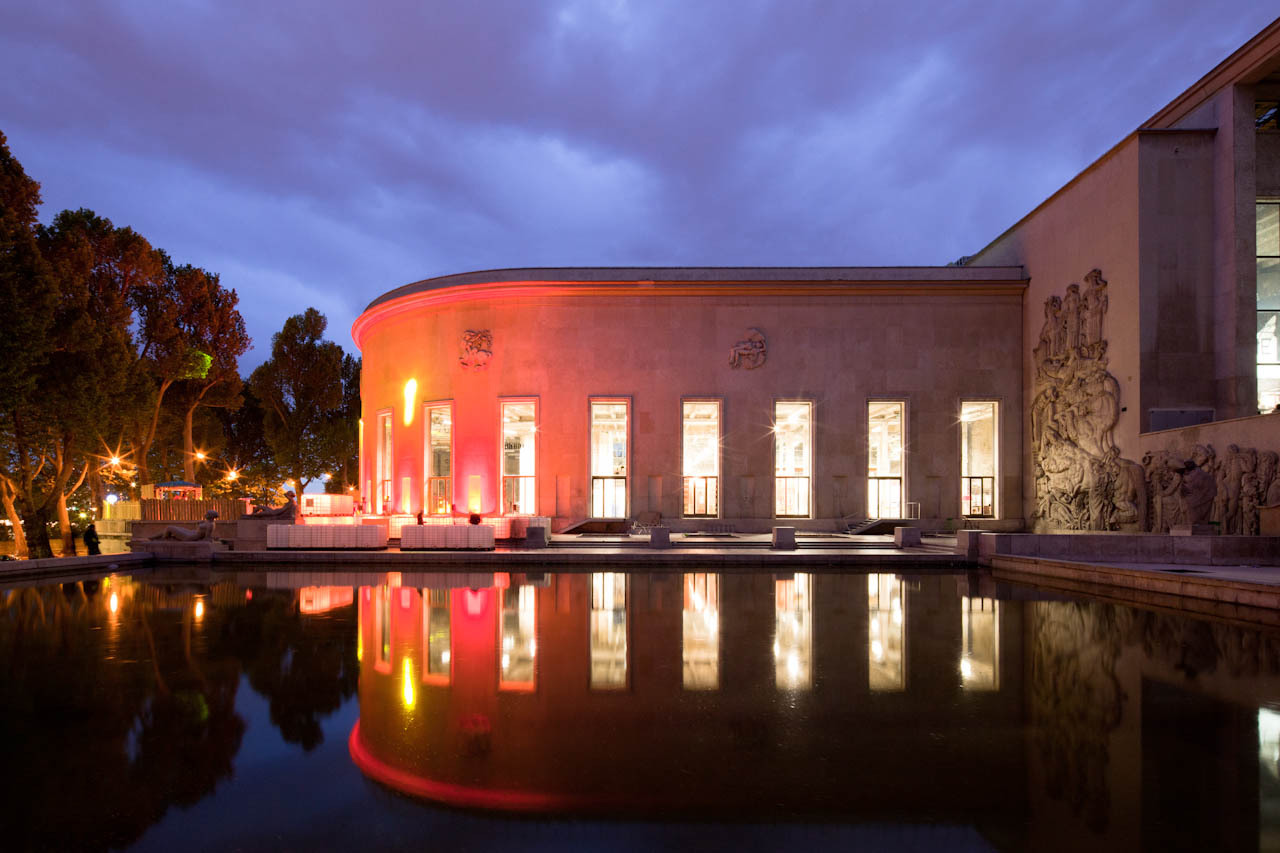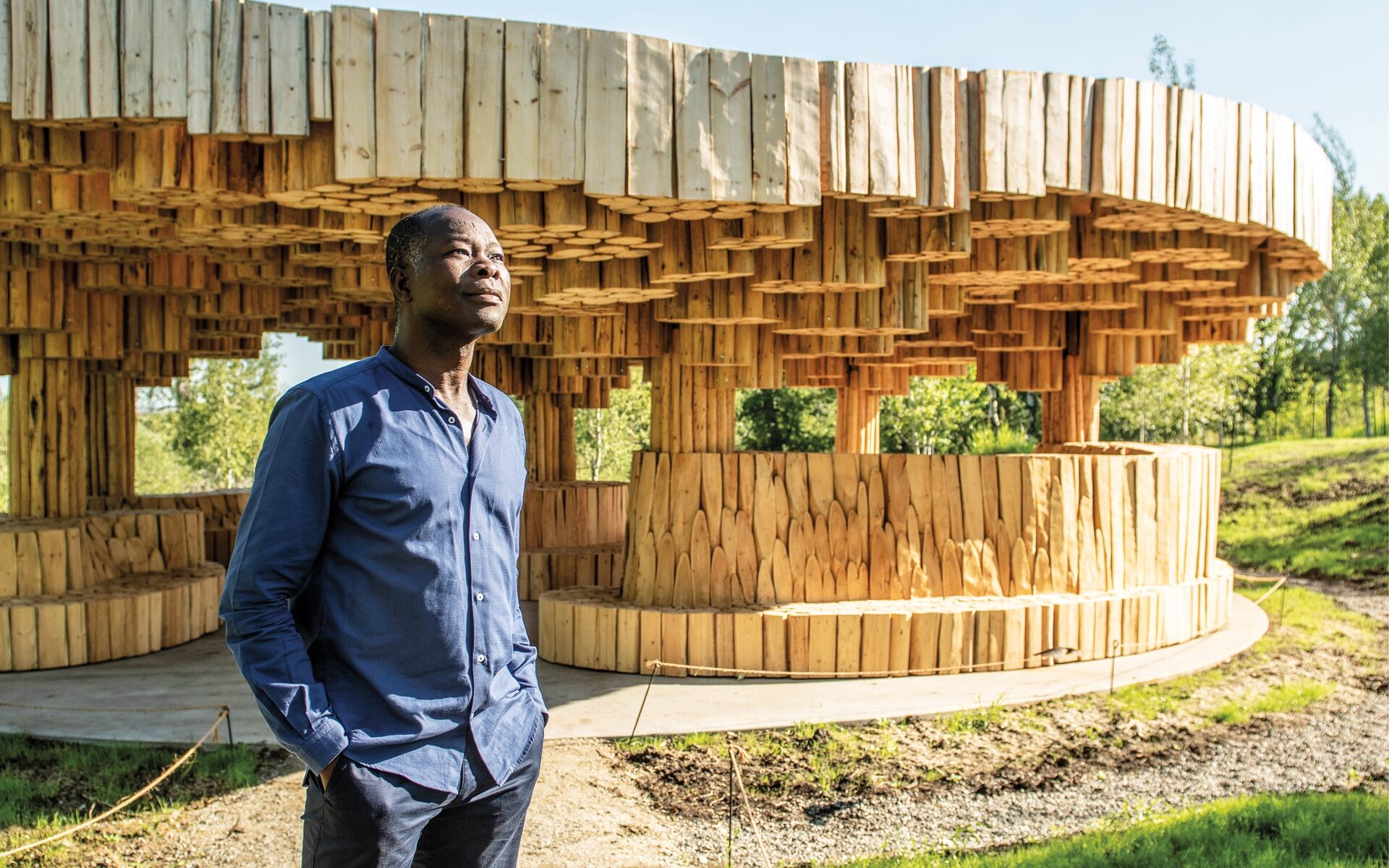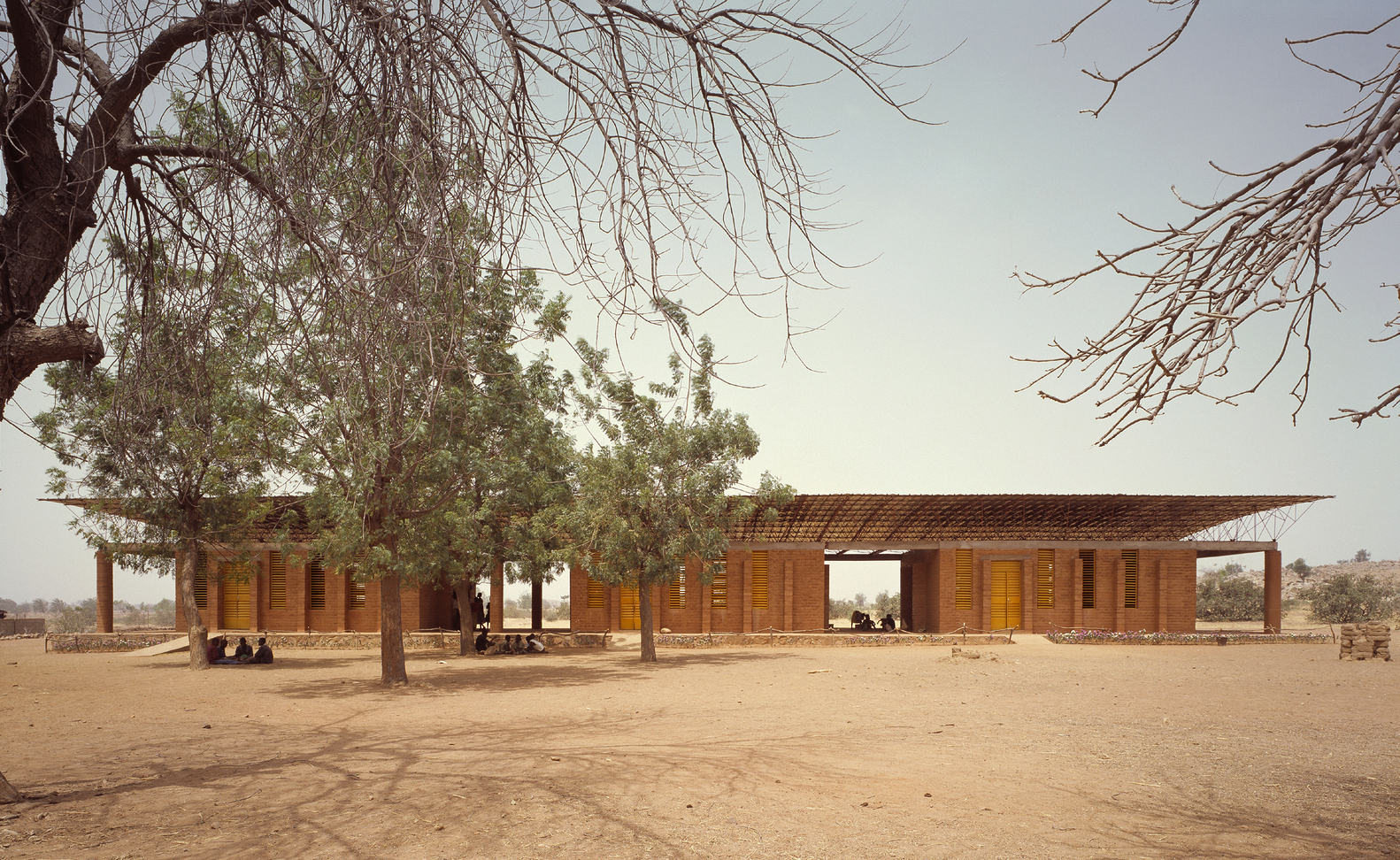To this day, the Pritzker Award remains the highest honor in the architectural community, presented to a working architect who has made lasting and substantial positive impacts on society through the architectural medium. The Prize is given to deserving people rather than companies. However, the 2010 award demonstrated that the Prize could be shared amongst a group of people (Kazuyo Sejima and Ryue Nishizawa of SANAA).
How did the Pritzker Prize Begin?
Jay Pritzker, who, along with his brother Donald established the Hyatt Hotel Corporation in 1957, is the primary benefactor of the award through the Hyatt Foundation. In 1979, American architect Philip Johnson became the first Pritzker Award recipient for landmark buildings like the Glass House in New Canaan, Connecticut.
Twenty-three different countries have now had at least one architect receive the Pritzker Award, which has been given out continuously for the past forty-four years. Thus far, half of the winners have come from Europe, with the remaining half split between the Americas, Asia, and Oceania. Francis Kéré, an African architect, won the Pritzker Prize in 2022, making history in the process. The upcoming architects have been honored with the Pritzker Award in the last ten years.
Also Read: 5 Highly Prestigious Awards in Architecture That You Should Know
1) Toyo Ito – 2013
- Date of Birth: June 1, 1941
- Region of Birth: Seoul, South Korea
- Most Notable Work: Yatsushiro Municipal Museum
Toyo Ito, winner of the Pritzker Prize in Architecture in 2013, has distinguished himself as one of Japan’s preeminent architects by fusing minimalism with an engagement of technology to reflect the country’s traditional and modern values.
2) Shigeru Ban – 2014
- Date of Birth: August 5, 1957
- Region of Birth: Tokyo, Japan
- Most Notable Work: Cardboard Cathedral
Shigeru Ban is a Japanese architect famous for using paper novelly, particularly in emergency shelters made from recycled cardboard tubes. Ban was awarded the Pritzker Award in 2014, making him the Prize’s 36th honoree.
3) Frei Otto – 2015
- Date of Birth: May 31, 1925 – March 9, 2015
- Region of Birth: Siegmar, Chemnitz, Germany
- Most Notable Work: Roof for Olympic Stadium, Munich, Germany
A German construction manager and architect gained recognition for his innovative use of lightweight compressive and membrane structures. Shortly after his death, Otto was awarded the Pritzker Award in 2015 and the RIBA Royal Gold Medal he received in 2006.
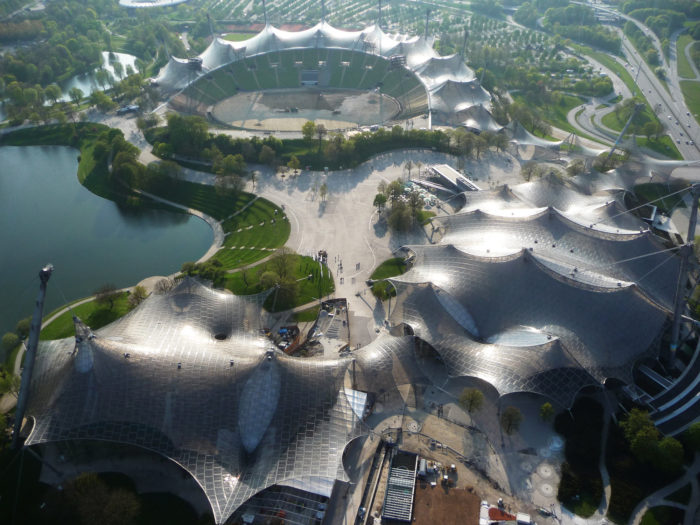
Roofing for main sports facilities in the Munich Olympic Park for the 1972 Summer Olympics. ©Atelier Frei Otto Warmbronn
4) Alejandro Aravena – 2016
- Date of Birth: June 22, 1967
- Region of Birth: Santiago, Chile
- Most Notable Work: Innovation Center UC
Alejandro Aravena, a Chilean architect and founder of the firm ELEMENTAL, maybe the most socially involved winner of the Pritzker Award.
In contrast to the more common aesthetic focus, Aravena is concerned primarily with enhancing the quality of life for its users by taking into account factors such as social requirements, human aspirations, and political, economic, and environmental concerns.
5) Ramón Vilalta + Carme Pigem + Rafael Aranda – 2017
In 2017, Rafael Aranda, Carme Pigem, and Ramon Vilalta were awarded the Pritzker Prize, the tremendous honor of architecture.
RCR Arquitectes has been in operation since 1988. During that time, its members collaborated on various projects, including libraries, wineries, and park designs, which can all be found in the architects’ native Catalonia, Spain.
6) Balkrishna Doshi – 2018
- Date of Birth: August 26, 1927 – January 24, 2023
- Region of Birth: Pune, India
- Most Notable Work: Institute of Indology, Ahmedabad, 1962
Doshi, who was highly influenced by the works of Le Corbusier and Louis Kahn, is a groundbreaking modernist architect whose work has shaped the architecture of India and the surrounding regions.
Throughout his seventy-year career, Balkrishna Doshi has created some of India’s most recognizable structures through his urban planning, social housing, and academic experience as a visiting scholar at various universities. Doshi is the first Indian and one of the most renowned architects of the twentieth century to be honored with the Pritzker Award.
7) Arata Isozaki – 2019
- Date of Birth: July 23, 1931 – December 28, 2022
- Region of Birth: Oita, Oita, Japan
- Most Notable Work: Qatar National Convention Center in Doha
Arata Isozaki’s innovative and flexible designs have garnered him acclaim worldwide. Isozaki, who passed away at 91, is considered Japan’s preeminent postwar architect. His adaptability, influence, and genuine international status have earned him praise from the Pritzker Award jury.
Over the course of his work, Isozaki won some prestigious honors, including the Annual Prize from the Architectural Institute of Japan in 1974, the RIBA Gold Medal in 1986, and the Honor Award from the American Institute of Architects in 1992.
8) Yvonne Farrell and Shelley McNamara – 2020
Both professors and architects, the 2020 Laureates, are renowned for their forceful yet nuanced methods. Their cultural and contemporary innovations show great sensitivity to the past and expert attention to detail.
Over the course of just over 40 years, the pair has finished a wide variety of projects in Ireland, the United Kingdom, France, Italy, and Peru that have benefited local communities and addressed specific needs there. As the Pritzker Award’s 47th and 48th Laureates, Farrell and McNamara make history as Ireland’s first female architects to win the prestigious Pritzker Award.
9) Anne Lacaton and Jean-Philippe Vassal – 2021
The French architects Lacaton and Vassal are famous for creating the Palais de Tokyo, a landmark in Paris’s art scene, and for their many eco-friendly dwelling projects. Throughout their thirty decades in the field, Lacaton & Vassal always retained sight of their commitment to improving the quality of life for all people, whether through direct aid to the person or by fostering the growth of the city.
Furthermore, Lacaton made history by becoming the first female architect from France to be awarded the Pritzker Award. Palais de Tokyo, 2014, Paris is the most notable work that gained them recognition.
10) Diébédo Francis Kéré – 2022
- Date of Birth: April 10, 1965
- Region of Birth: Gando, Burkina Faso
- Most Notable Work: Gando Secondary School
Kéré, born in Burkina Faso but now lives and works in Germany, creates social projects for underserved communities that reimagine local vernacular expressions within a modern aesthetic framework.
While Kéré was in school in Germany, he started collecting donations to construct an elementary school in his hometown. Kéré’s first significant undertaking was the construction of the Gando Primary School with the aid of the local populace. In 2004, it was awarded the esteemed Aga Khan Prize for Architecture.
Two years after the original Gando Primary School opened, in 2008, Kéré started a significant expansion that would eventually make room for 120 more students. Local labor and supplies were used in its construction.
And just recently, Sir David Chipperfield was chosen as the 2023 Pritzker Award laureate for his work incorporating historic elements designs, meddling in response to specific locations and periods of history, and ultimately producing buildings that endure both tangibly and aesthetically. David Chipperfield’s win makes him the 52nd person to receive the Pritzker Award since it was established in 1979.
©The Pritzker Architecture Prize
©6sqft.com
©AMEICO
Yatsushiro Municipal Museum. ©Tomio Ohashi
©Benoit Tessier/Reuters
Cardboard Cathedral ©Bridgit Anderson
©Ingenhoven und Partner Architekten, Düsseldorf
Roofing for main sports facilities in the Munich Olympic Park for the 1972 Summer Olympics. ©Atelier Frei Otto Warmbronn
©Andrea Avezzù
Innovation Center UC. ©ELEMENTAL l Nina Vidic
©Javier Lorenzo Domínguez
Courtesy of Pritzker Prize. ©Hisao Suzuki
Courtesy of Pritzker Prize. ©Hisao Suzuki
©Vastushilpa Foundation
Institute of Indology. ©Vinay Panjwani
©Kentaro Takahashi
Qatar National Convention Center in Doha. ©Nelson Garrido
Yvonne Farrell, left, and Shelley McNamara. ©Alice Clancy
Institut Mines Télécom. © Alexandre Soria
University of Limerick Medical School. ©Dennis Gilbert
©Laurent Chalet
Palais de Tokyo Expansion. ©11h45
©Erik Petersen, Courtesy of Tippet Rise Art Center
Gando Primary School. ©Siméon Duchoud


